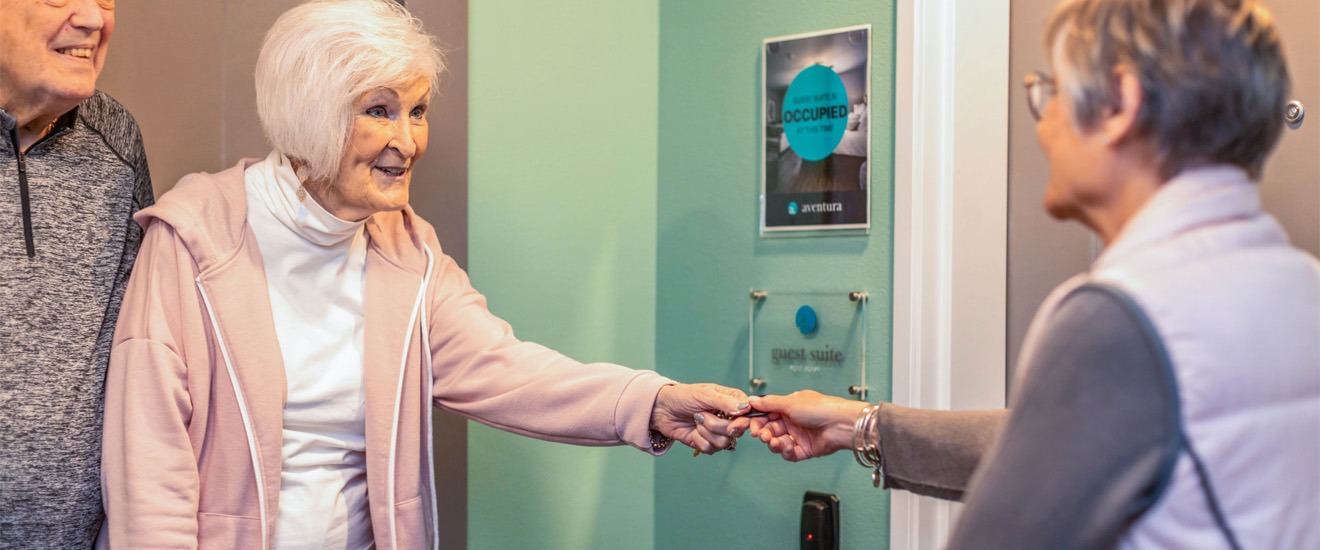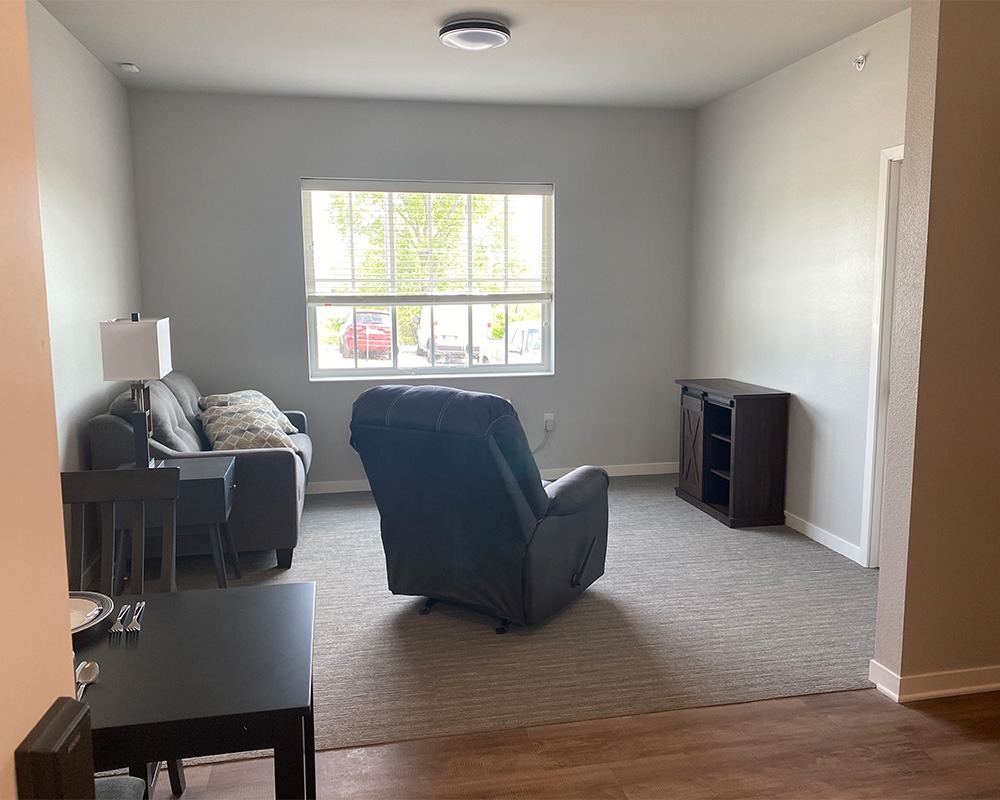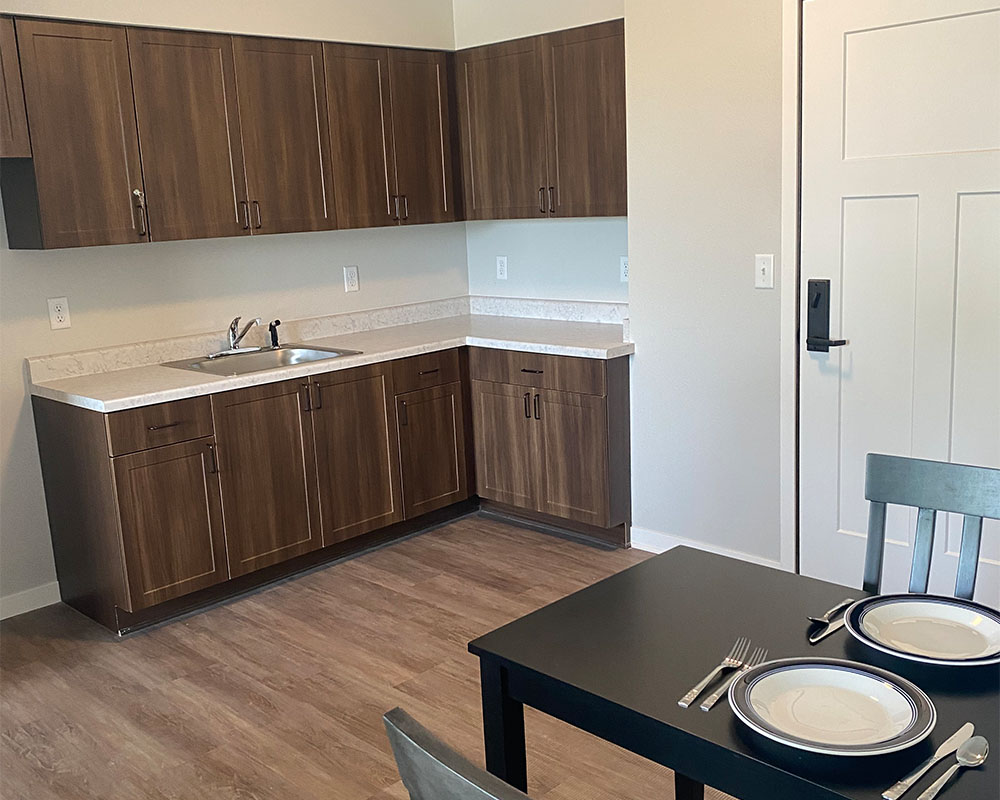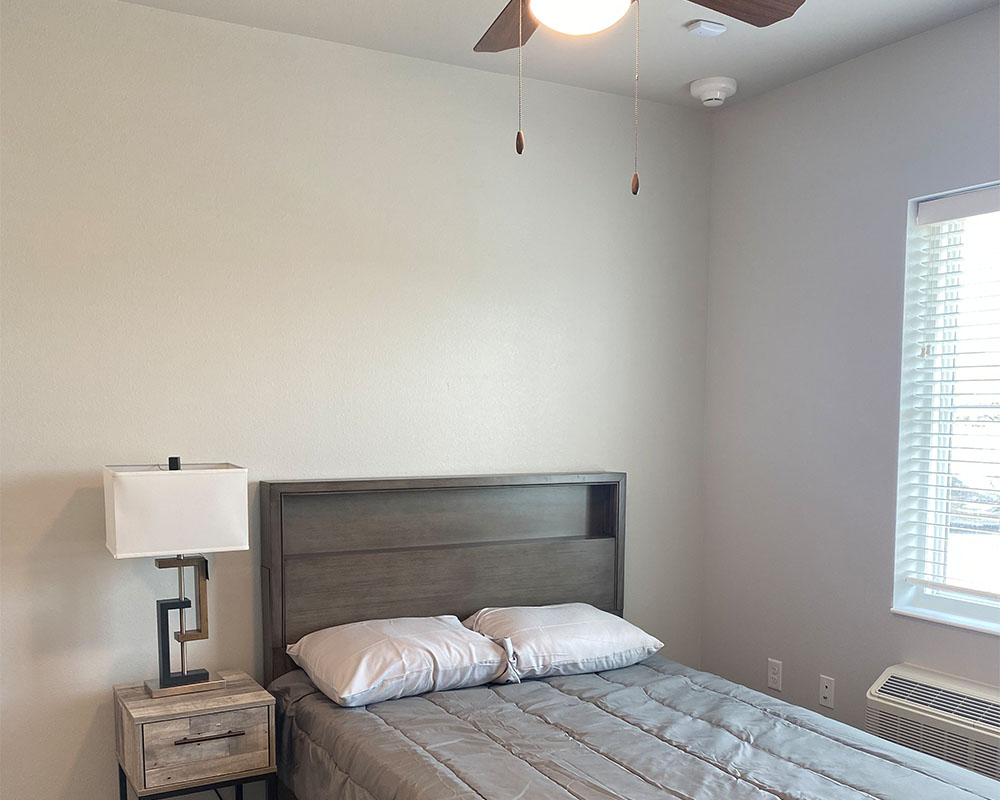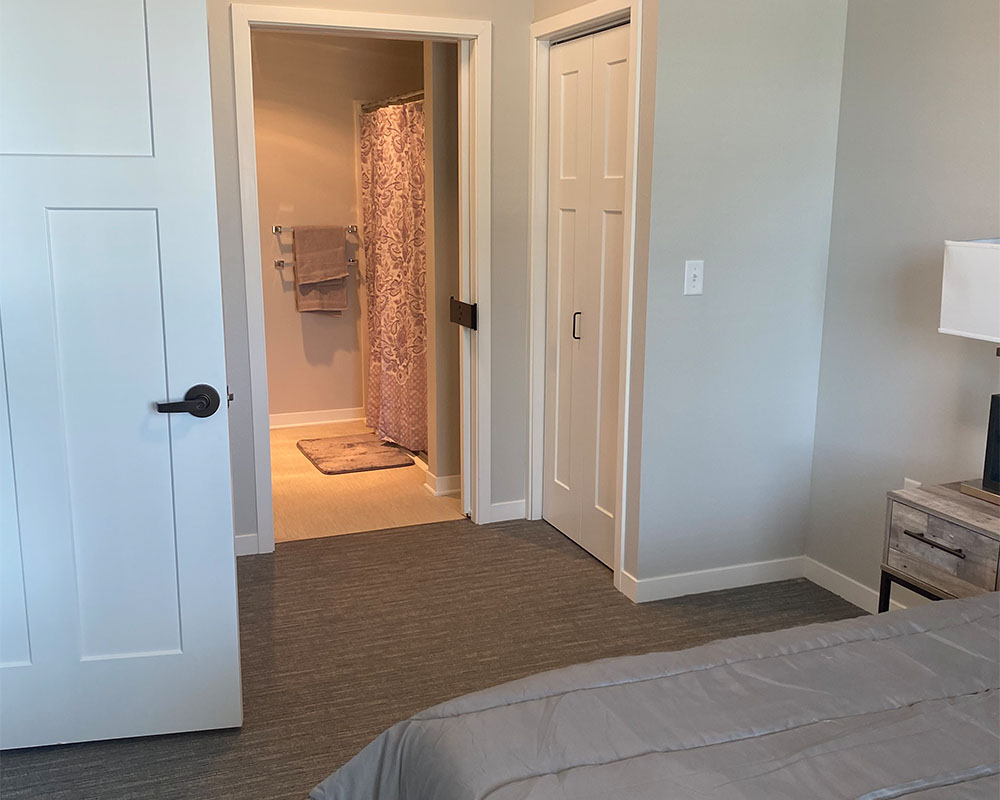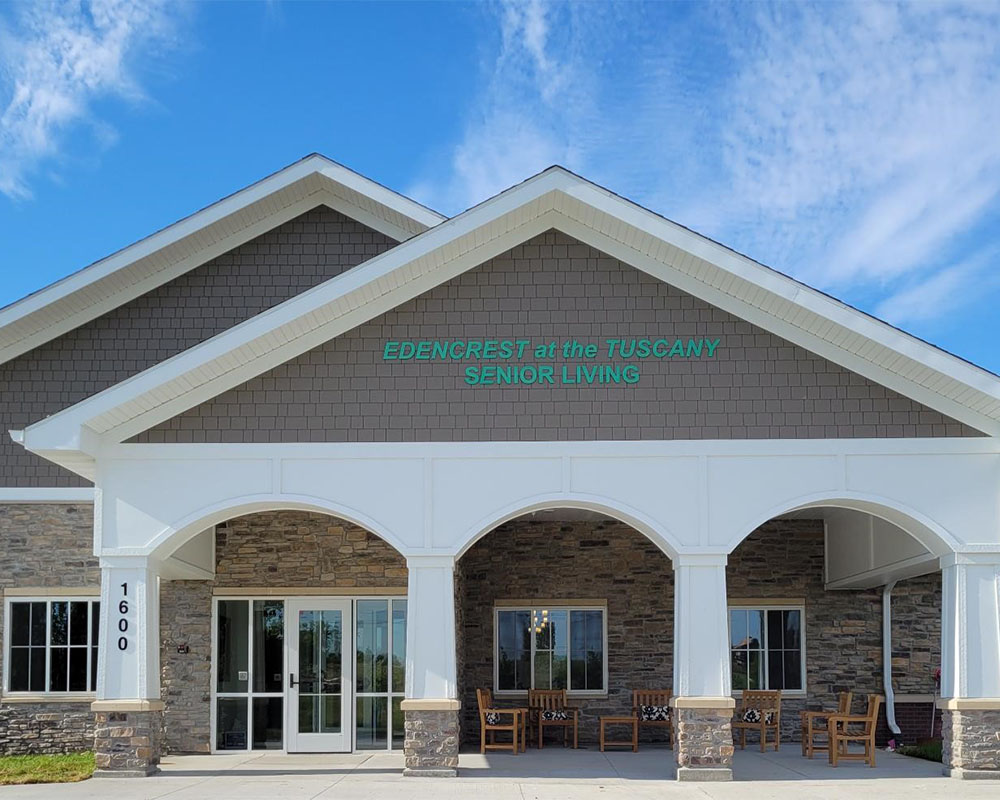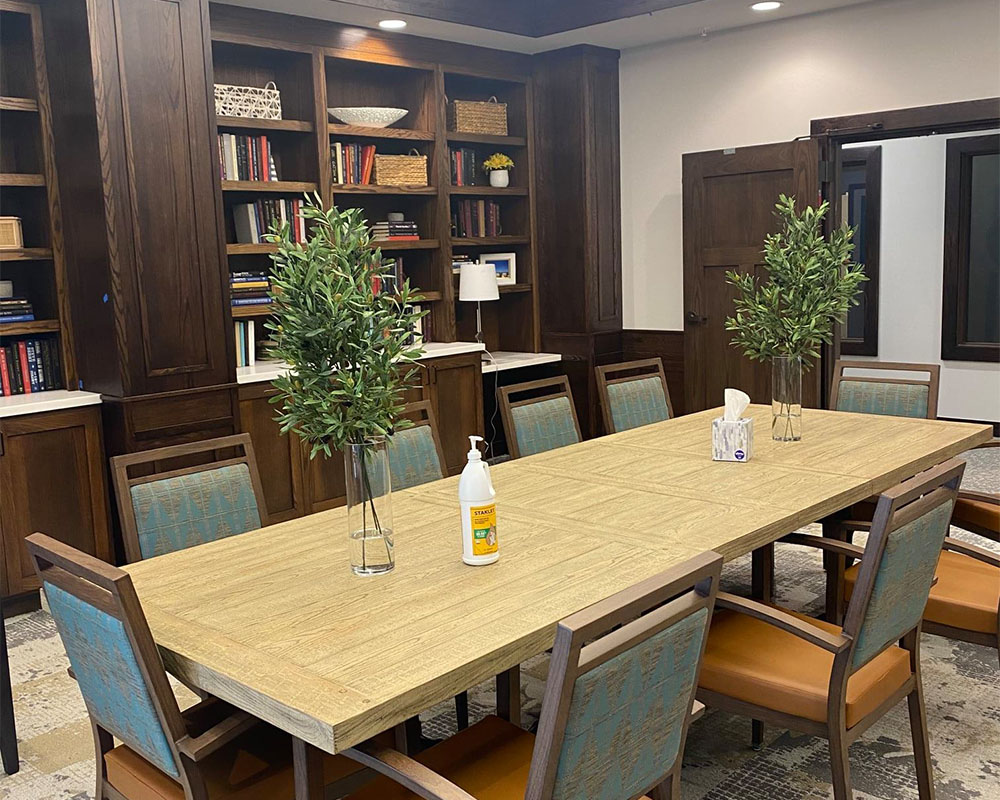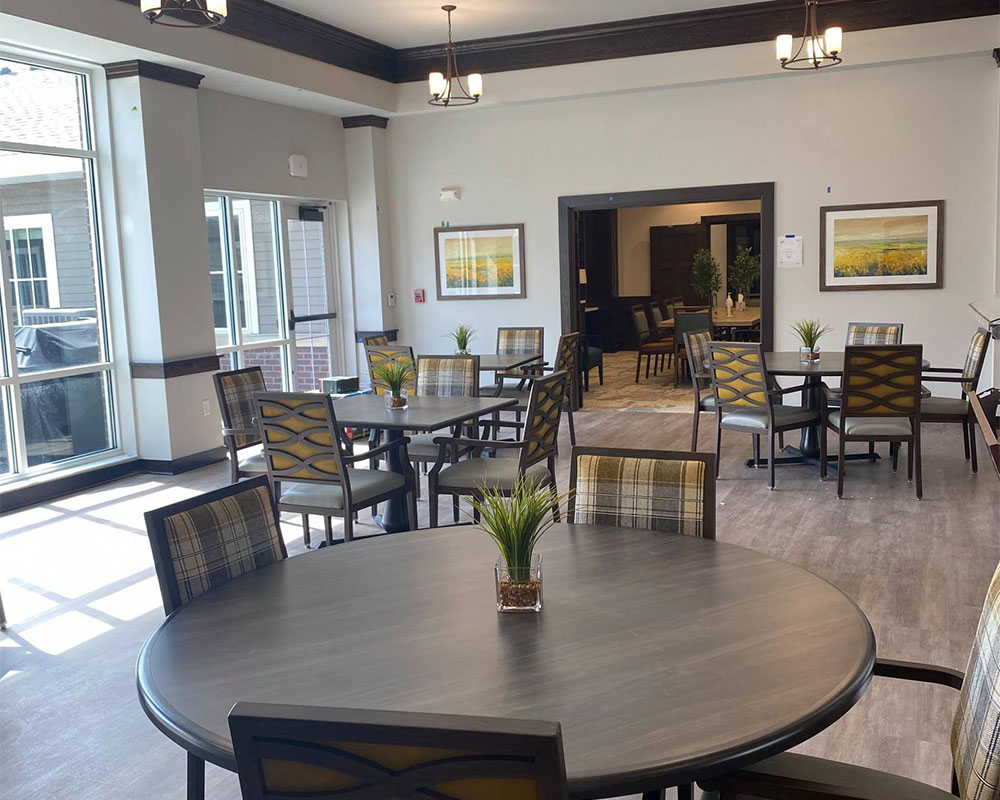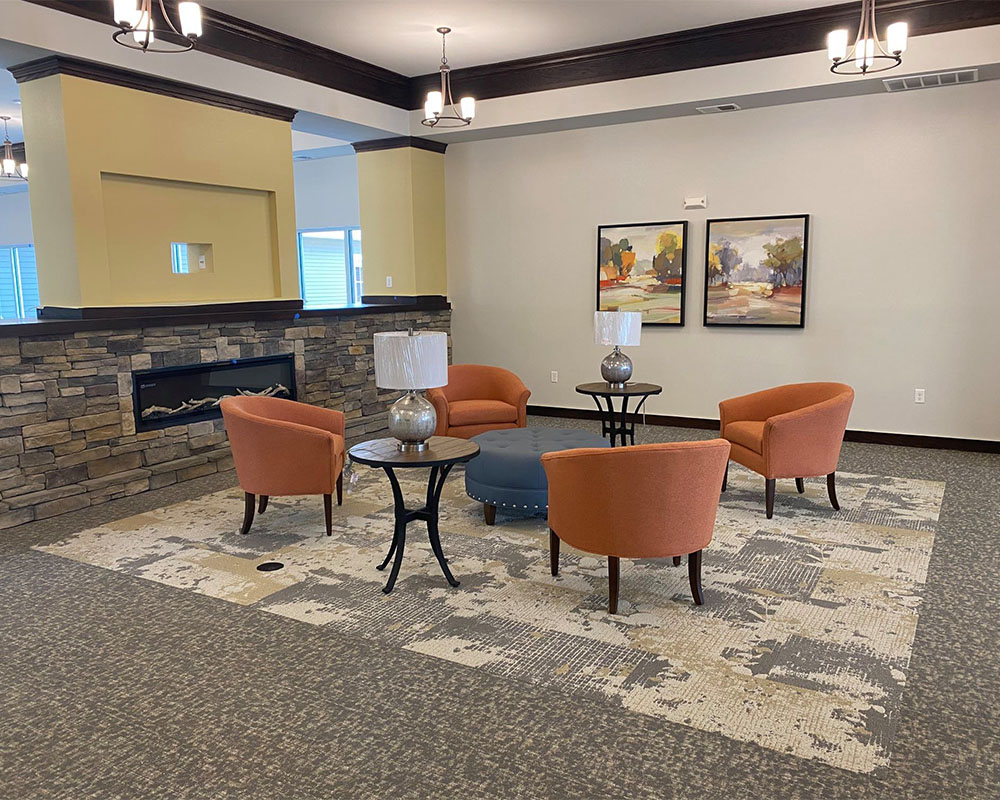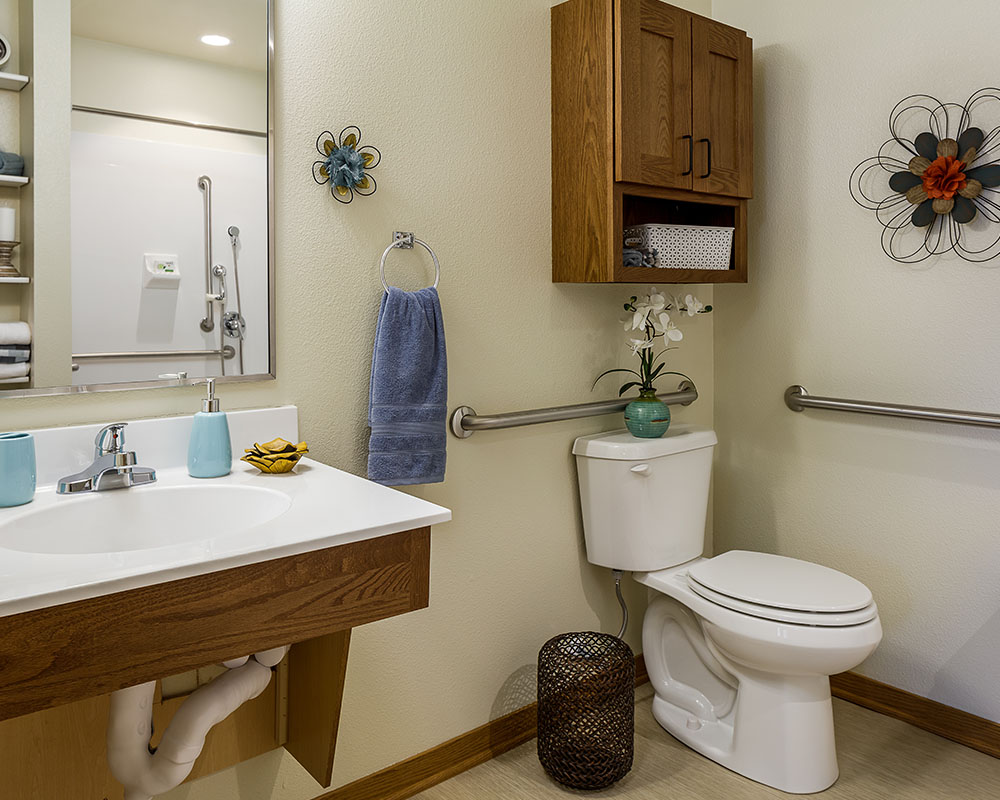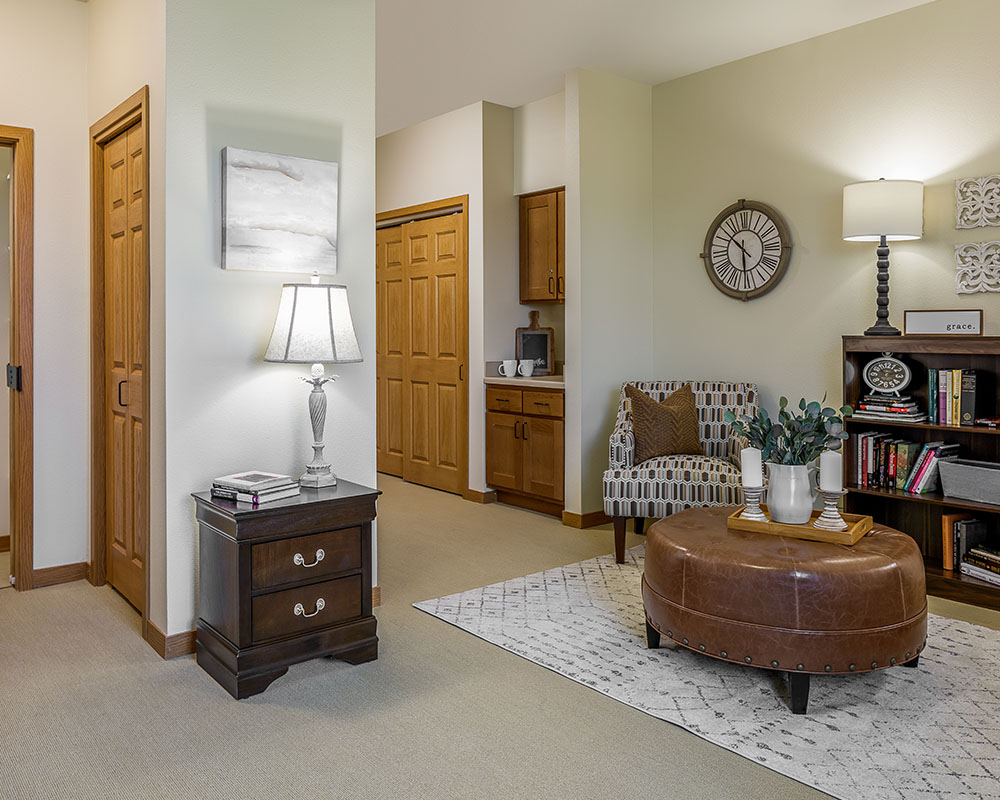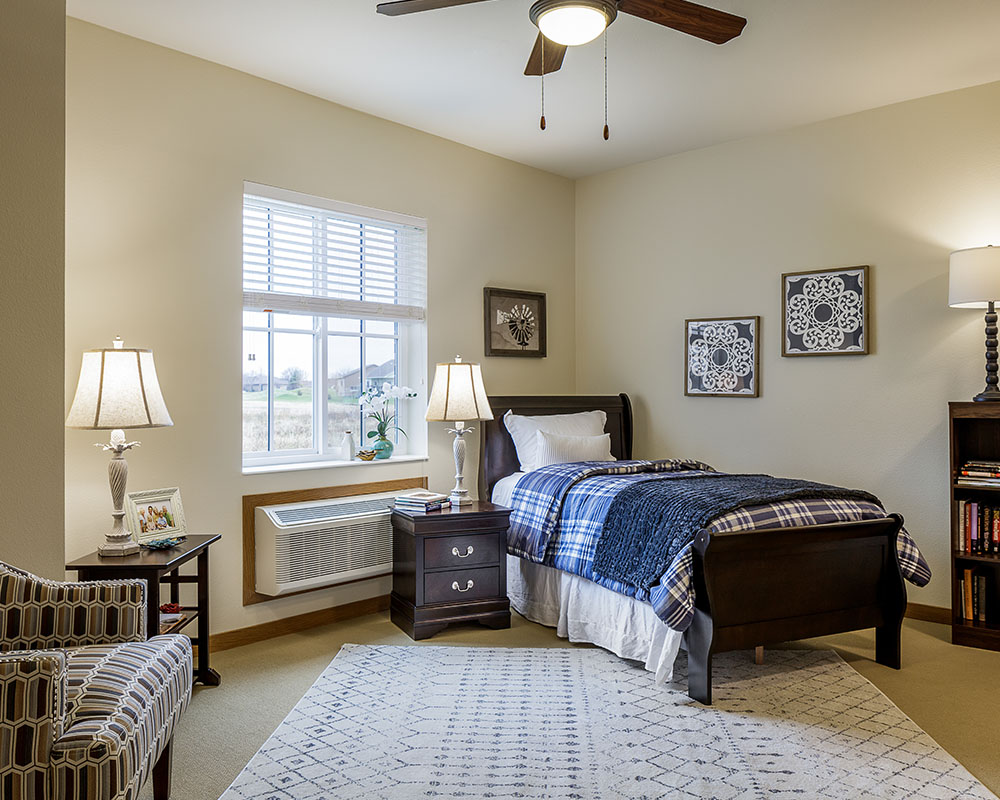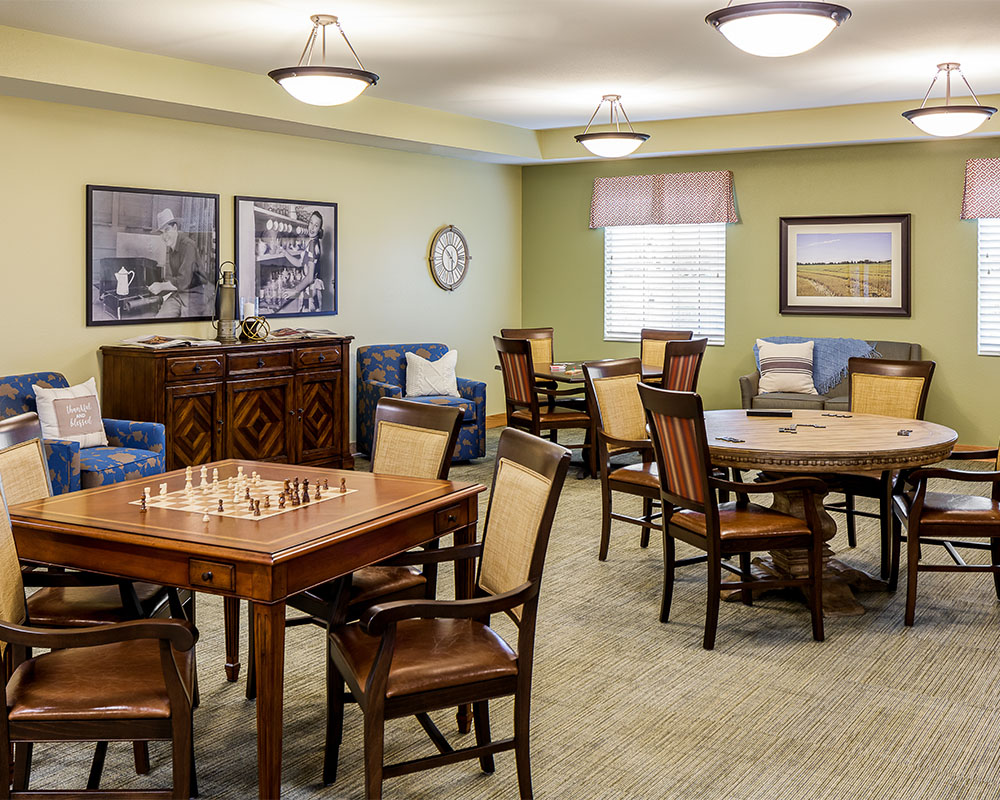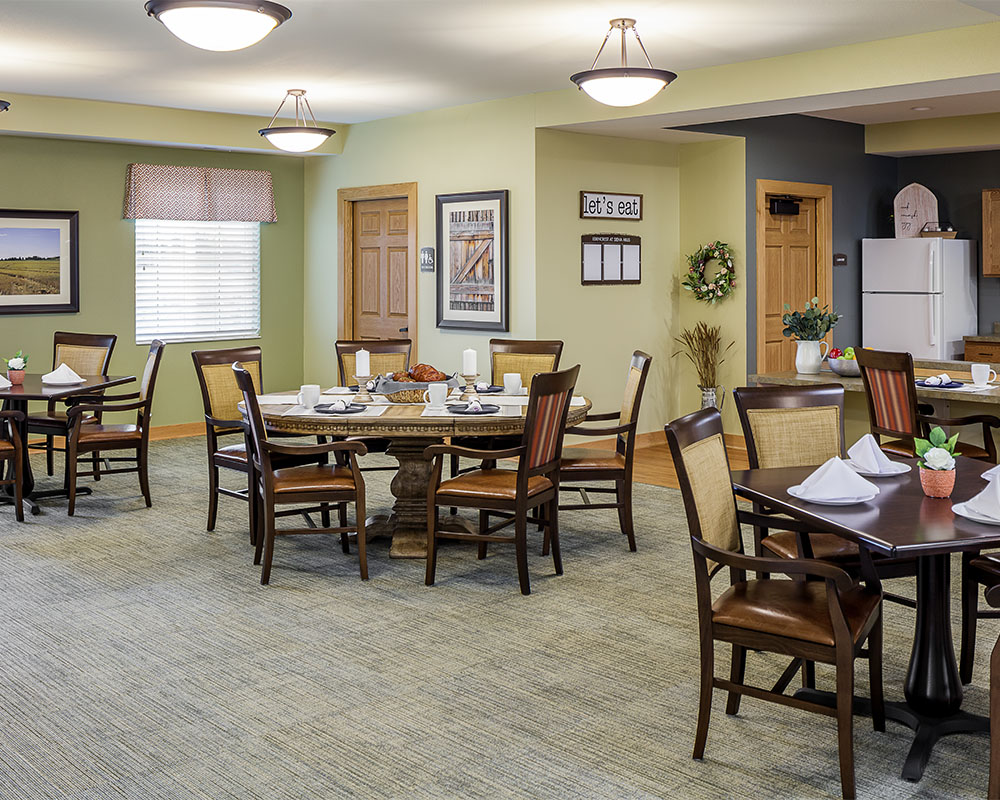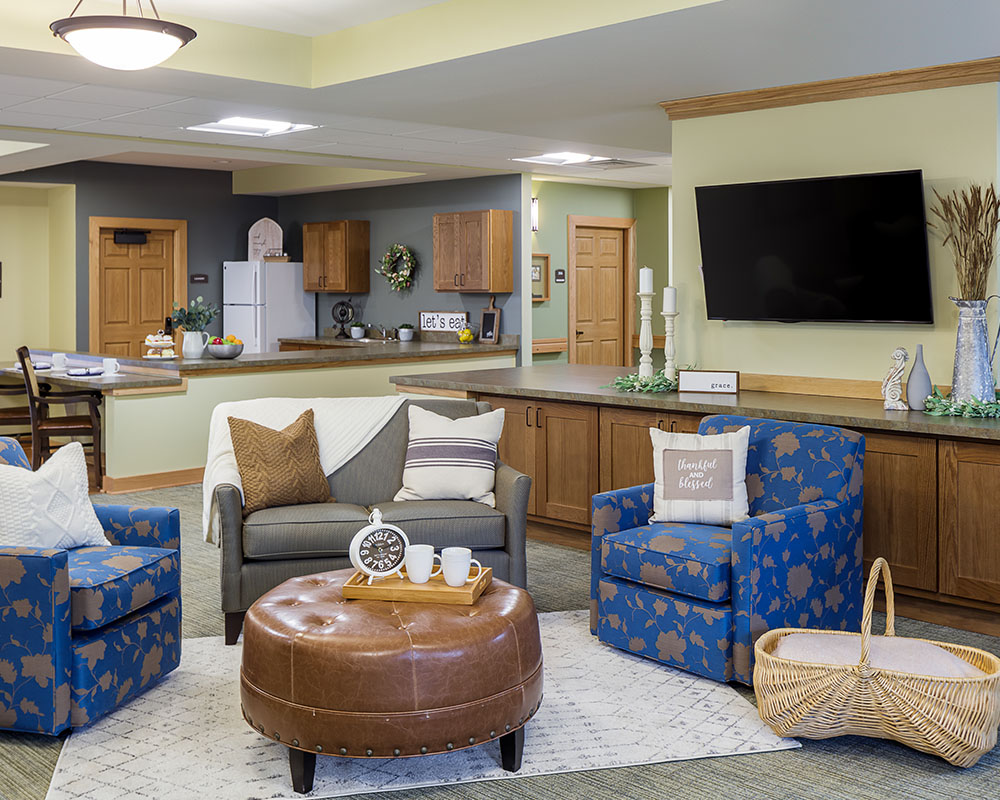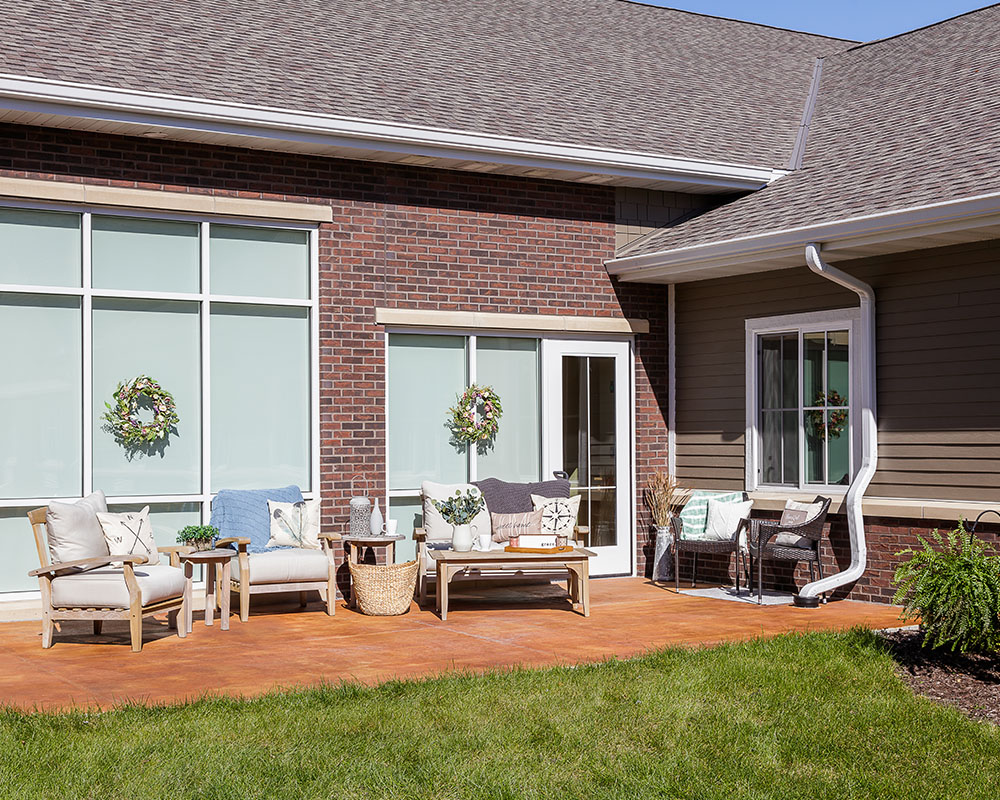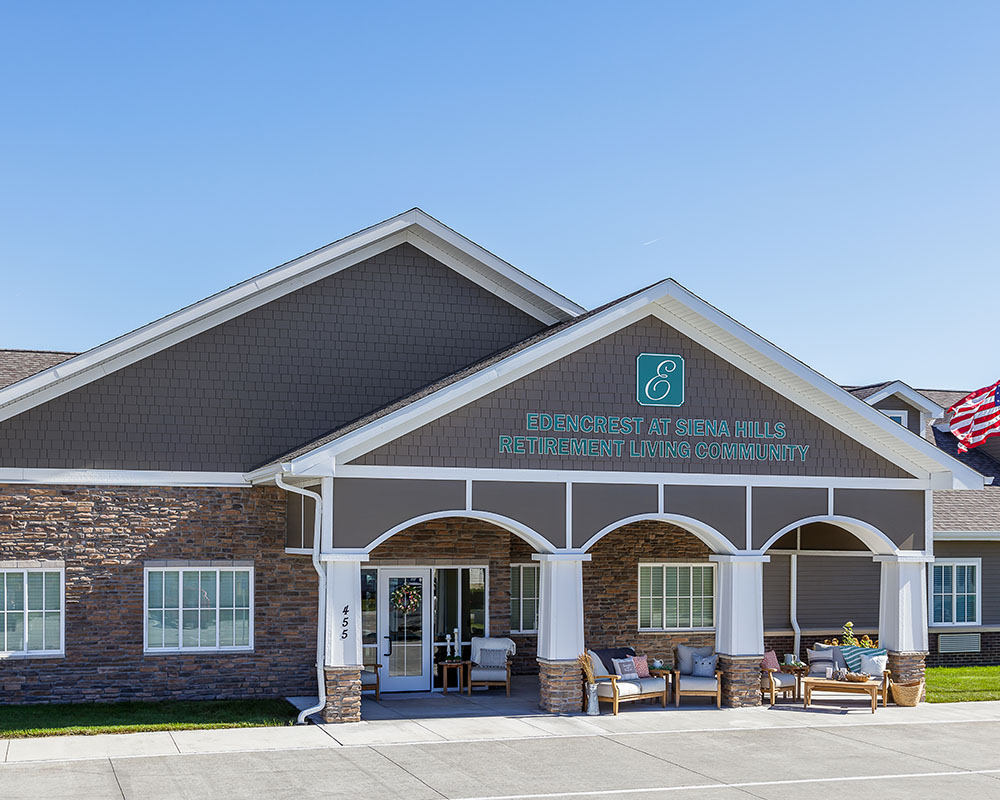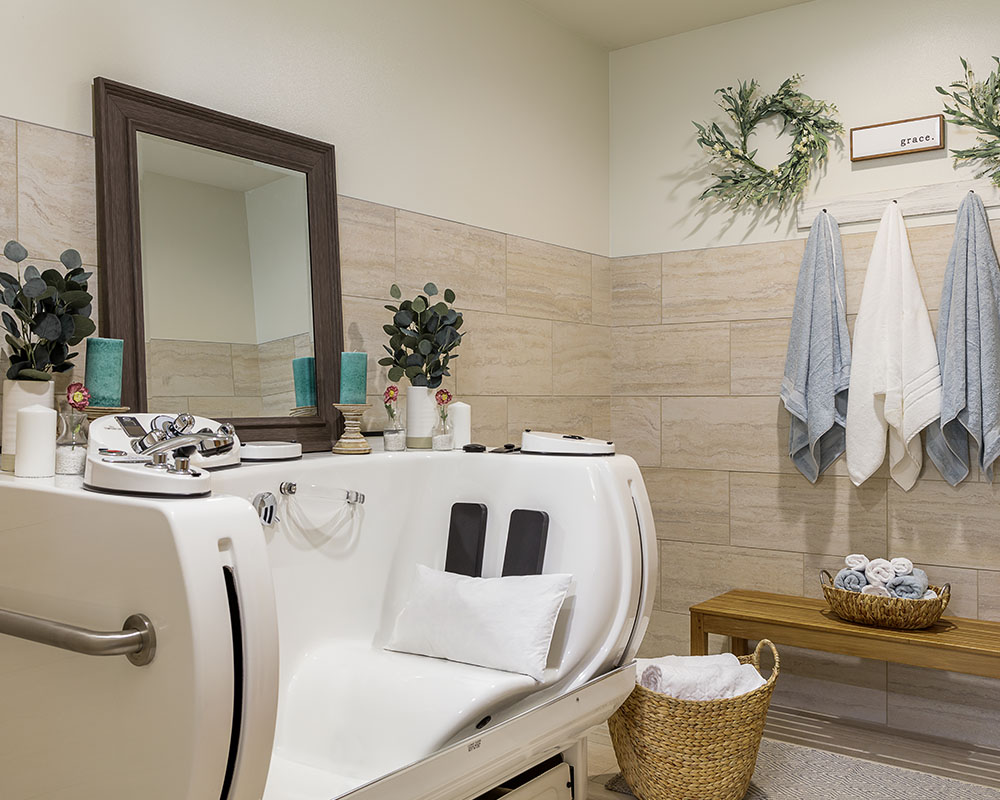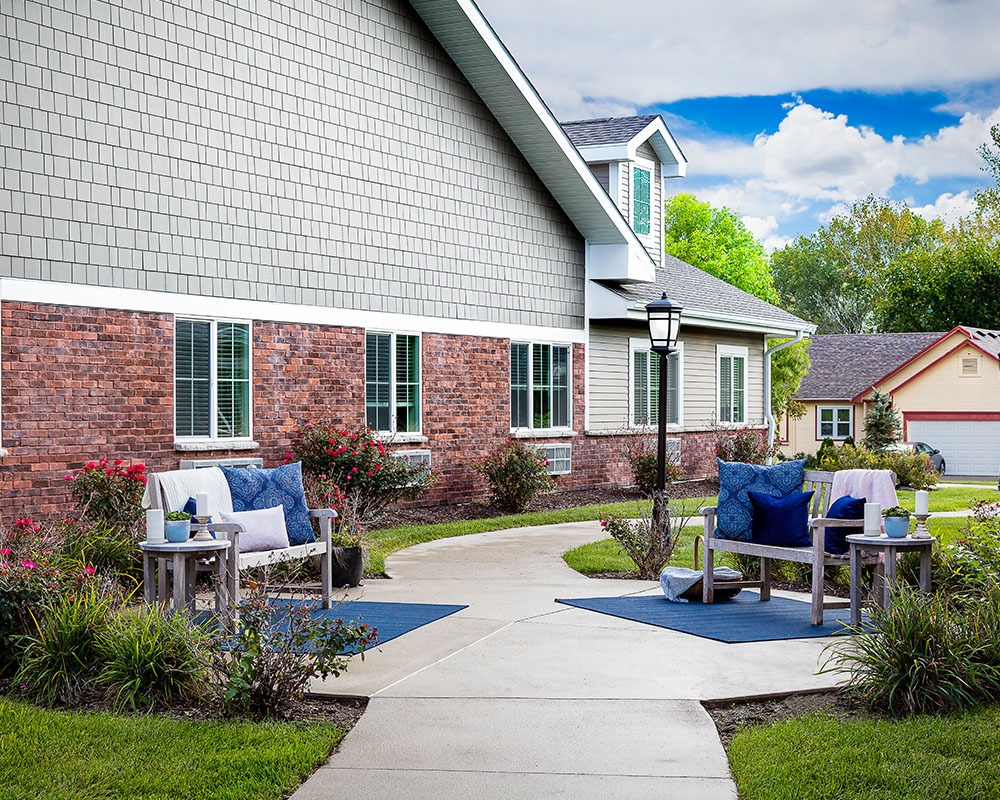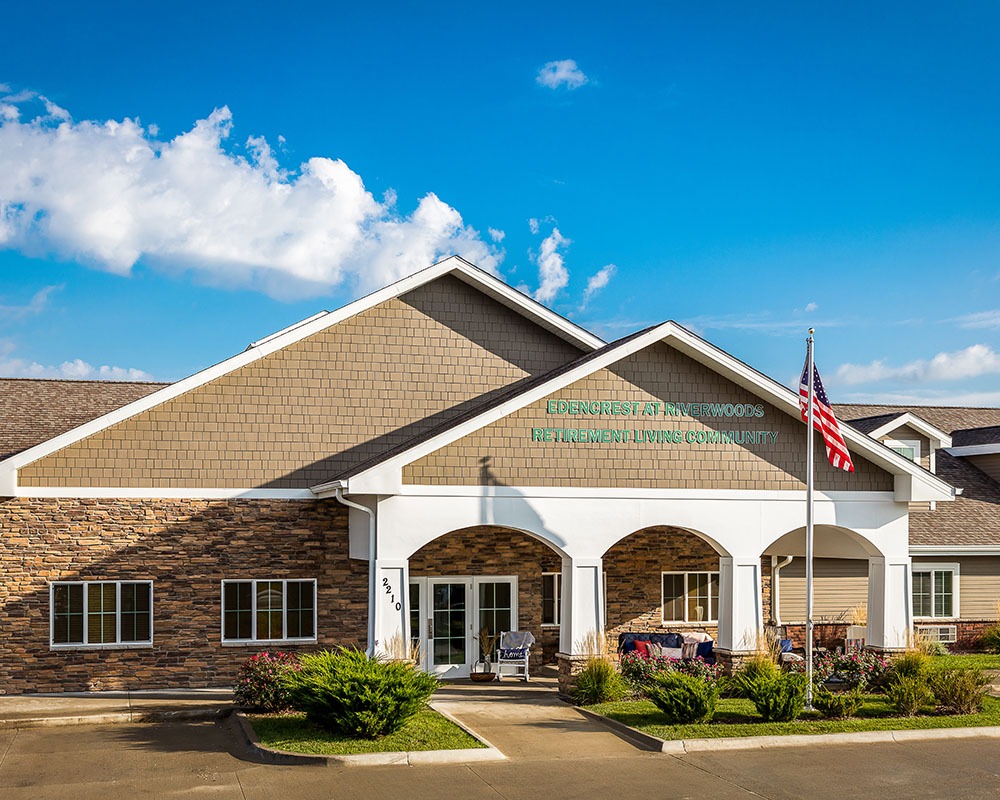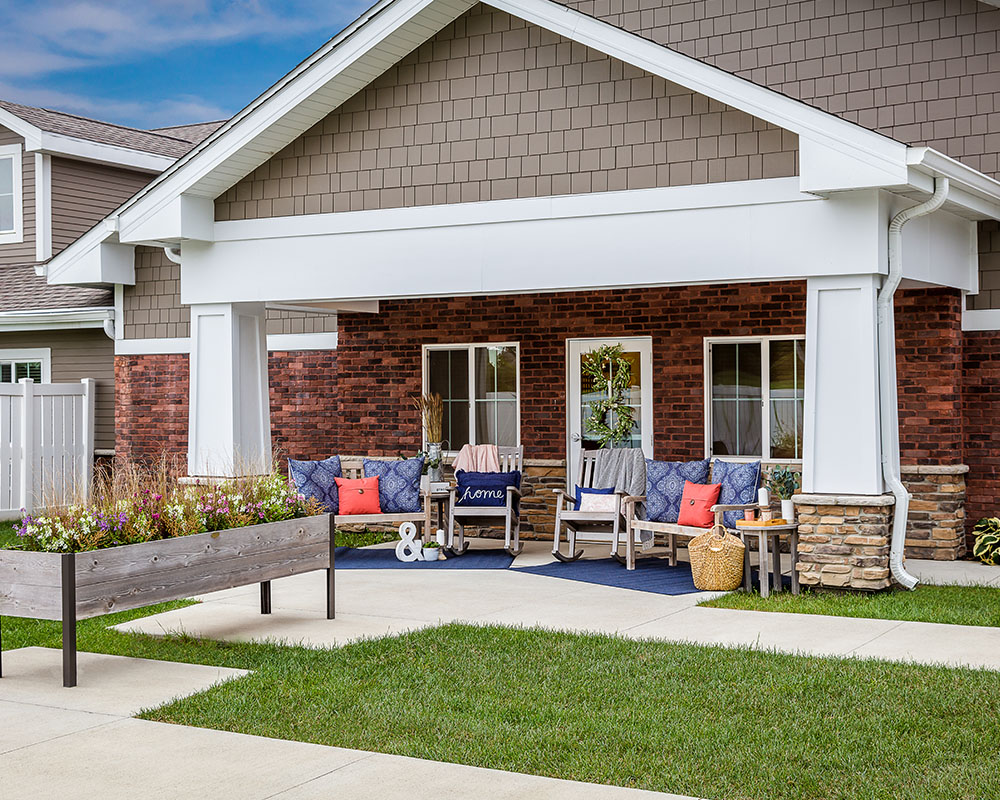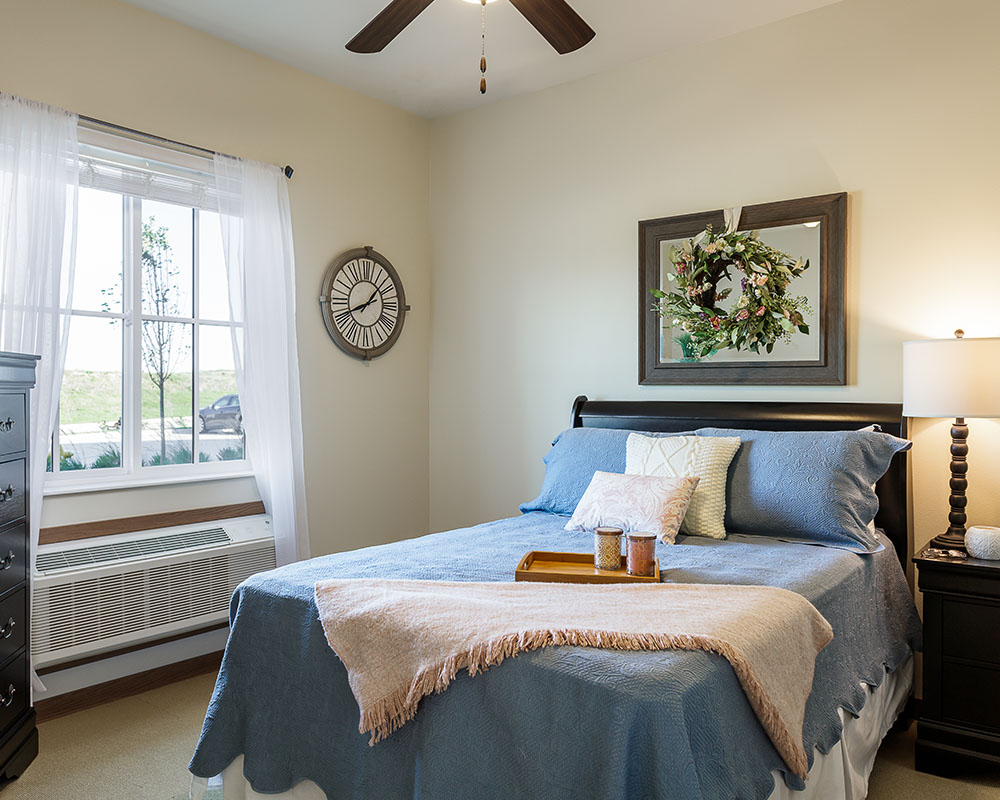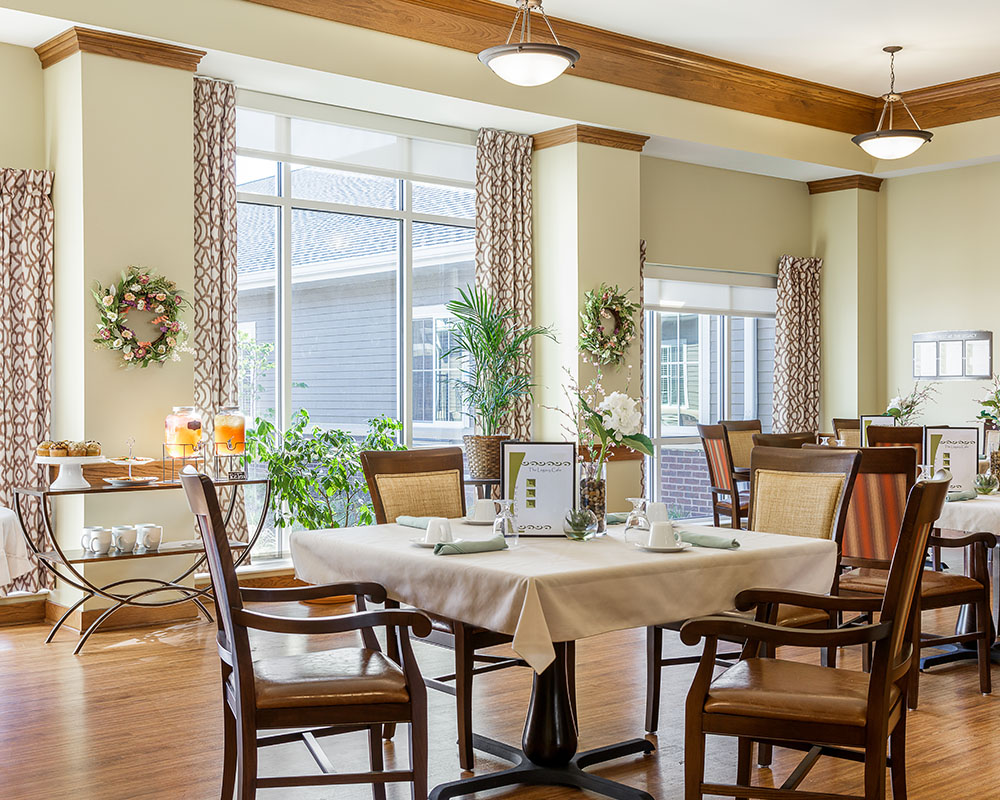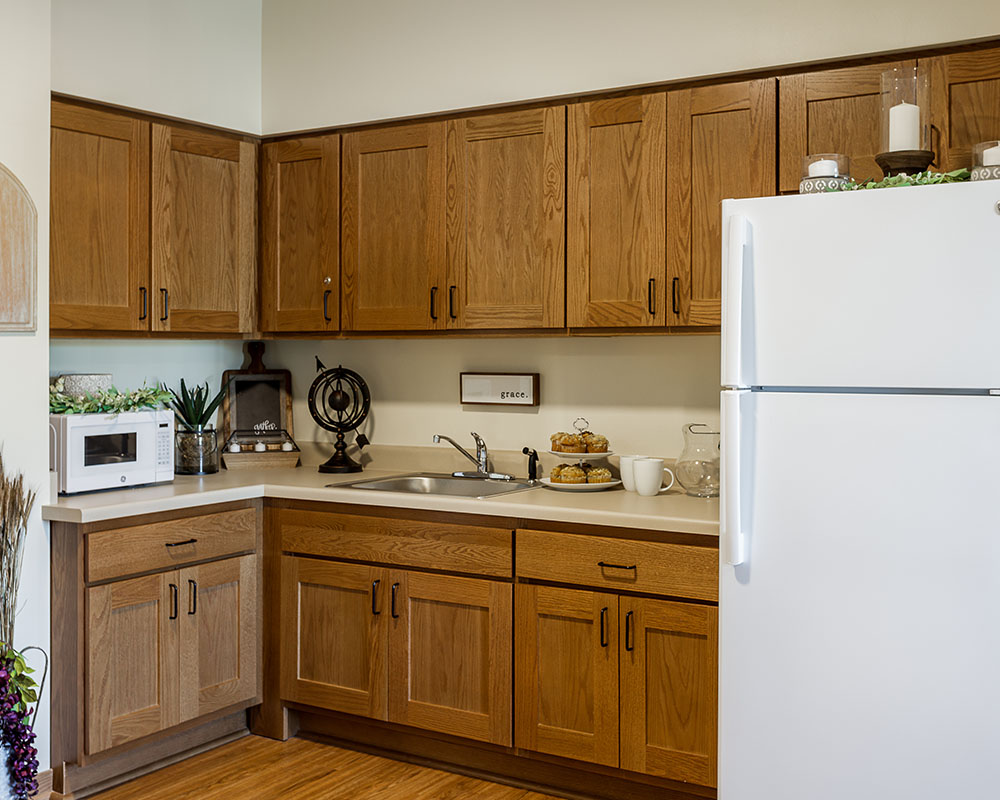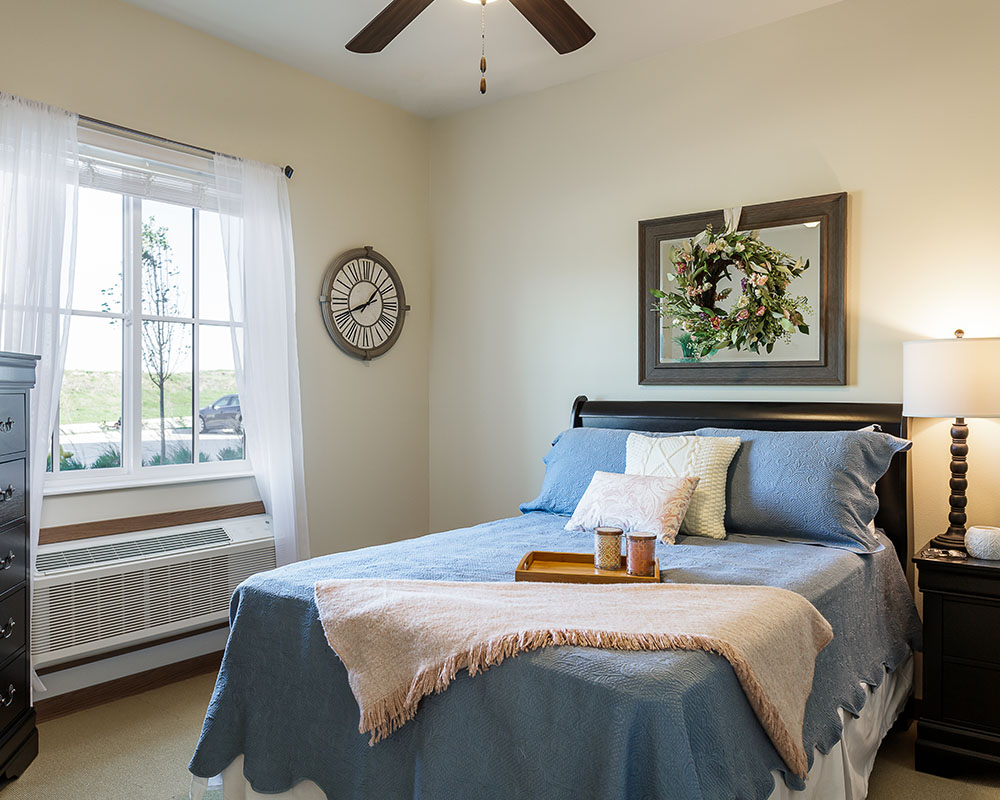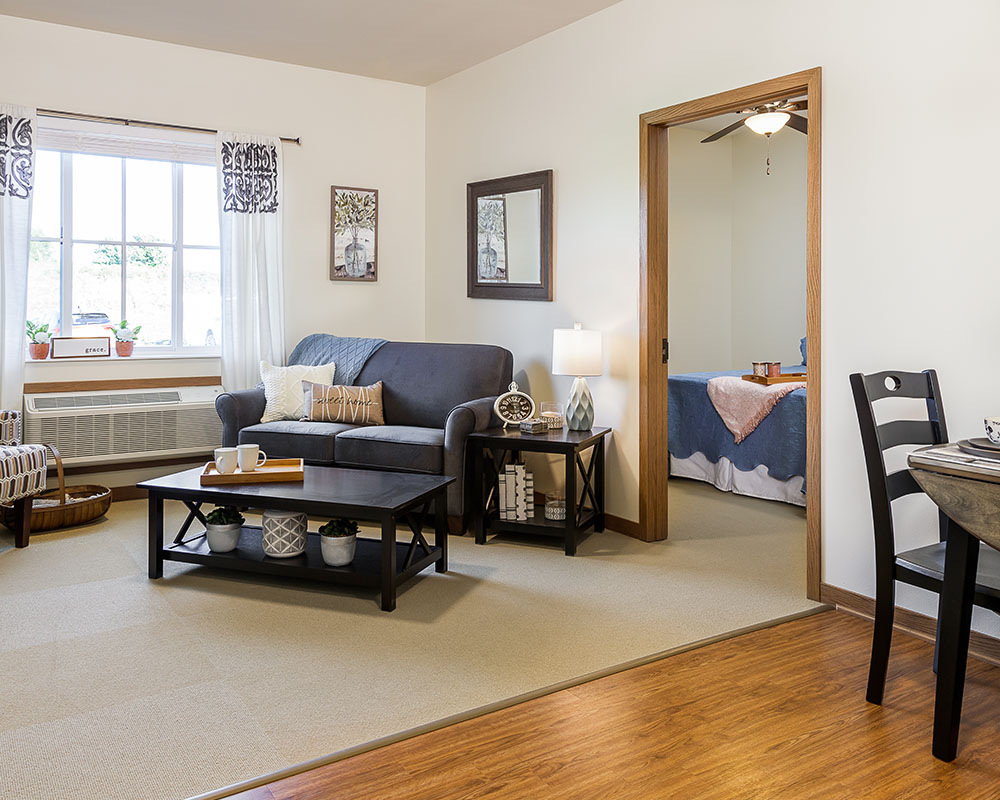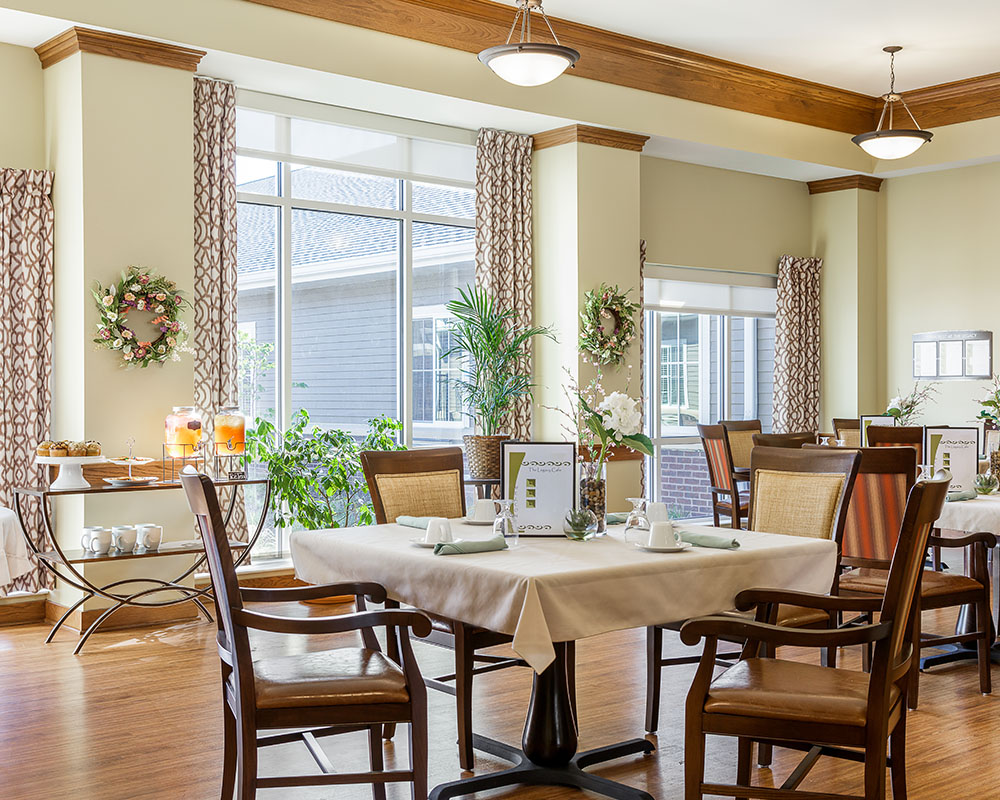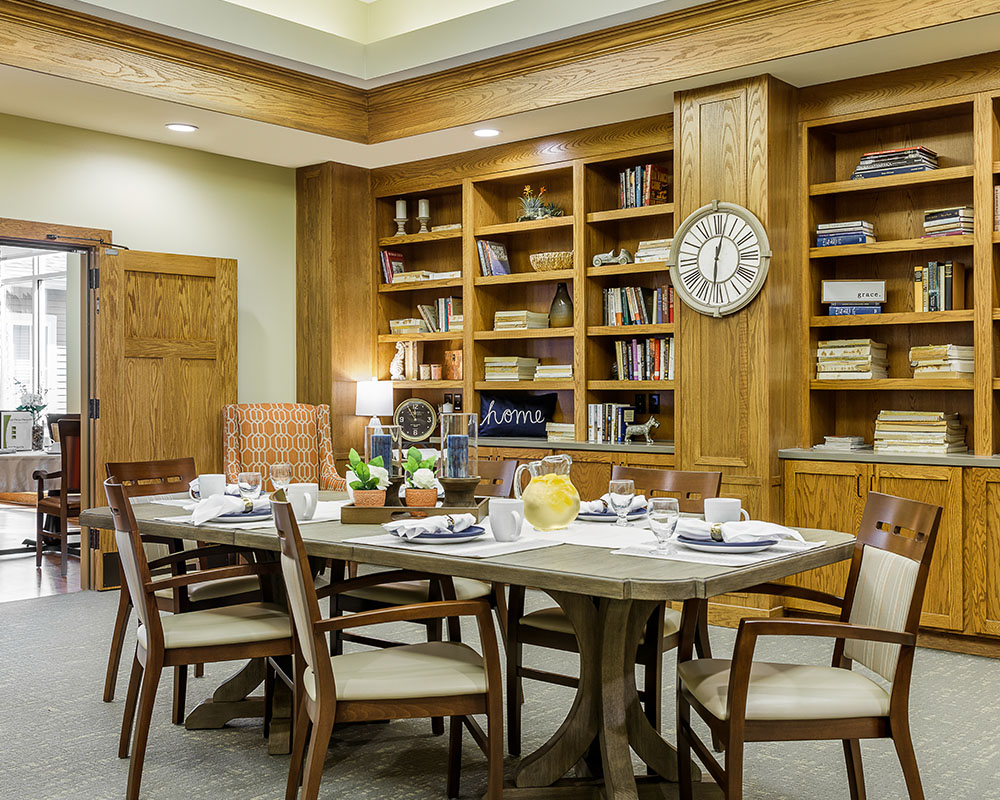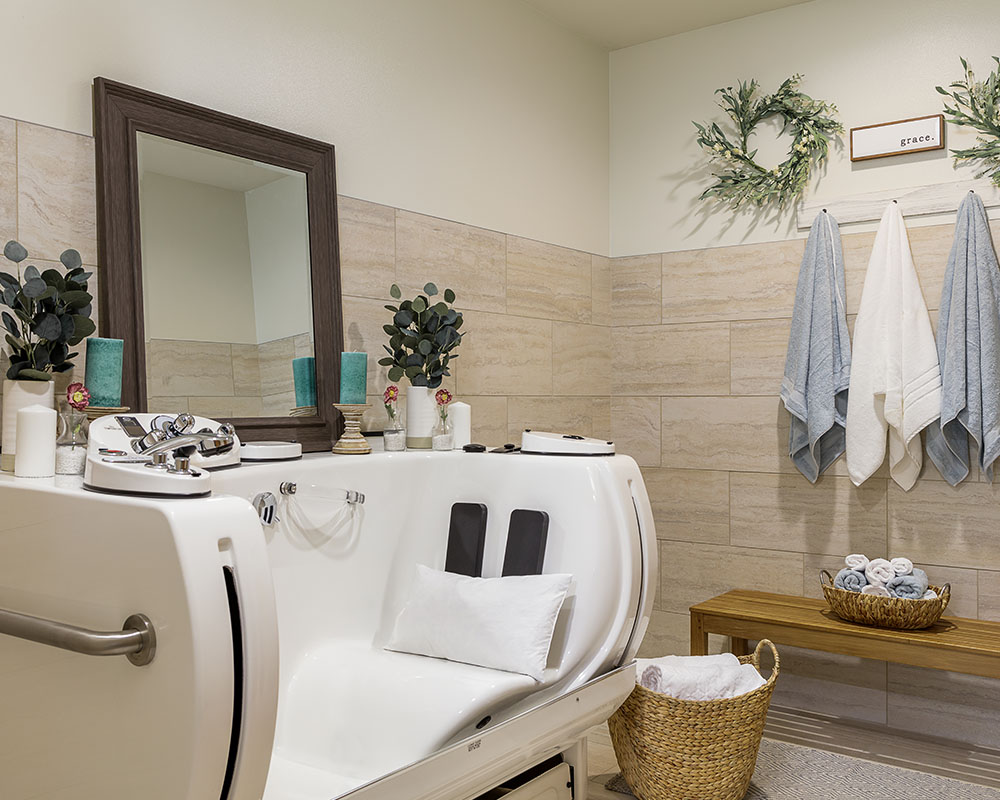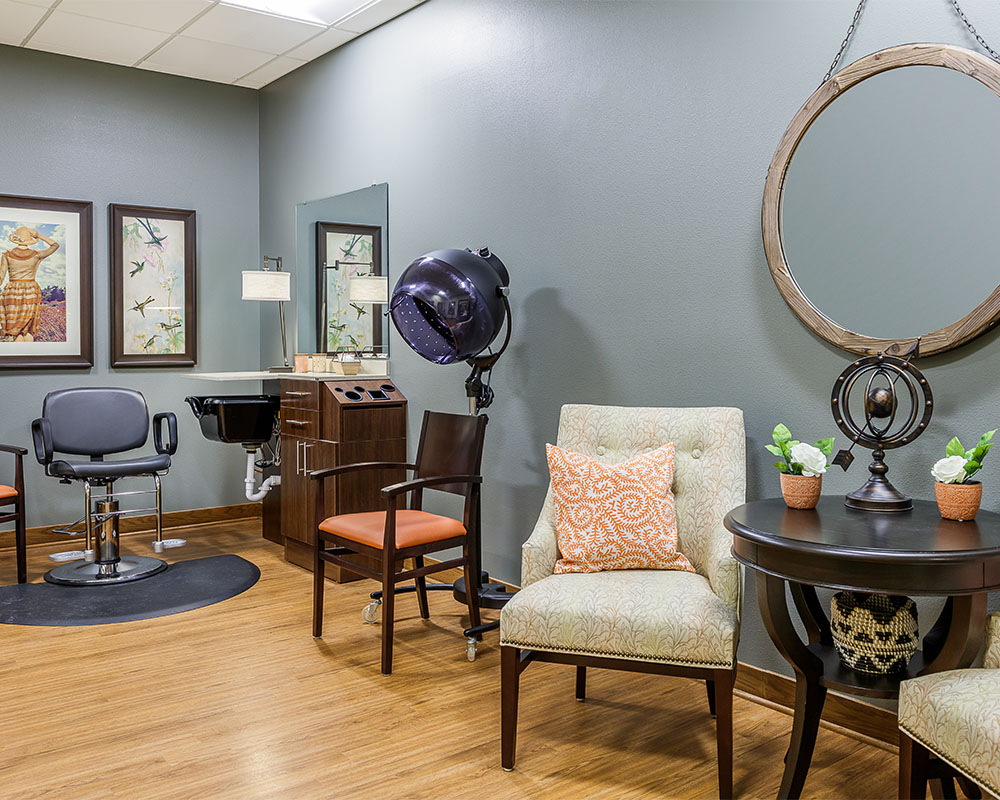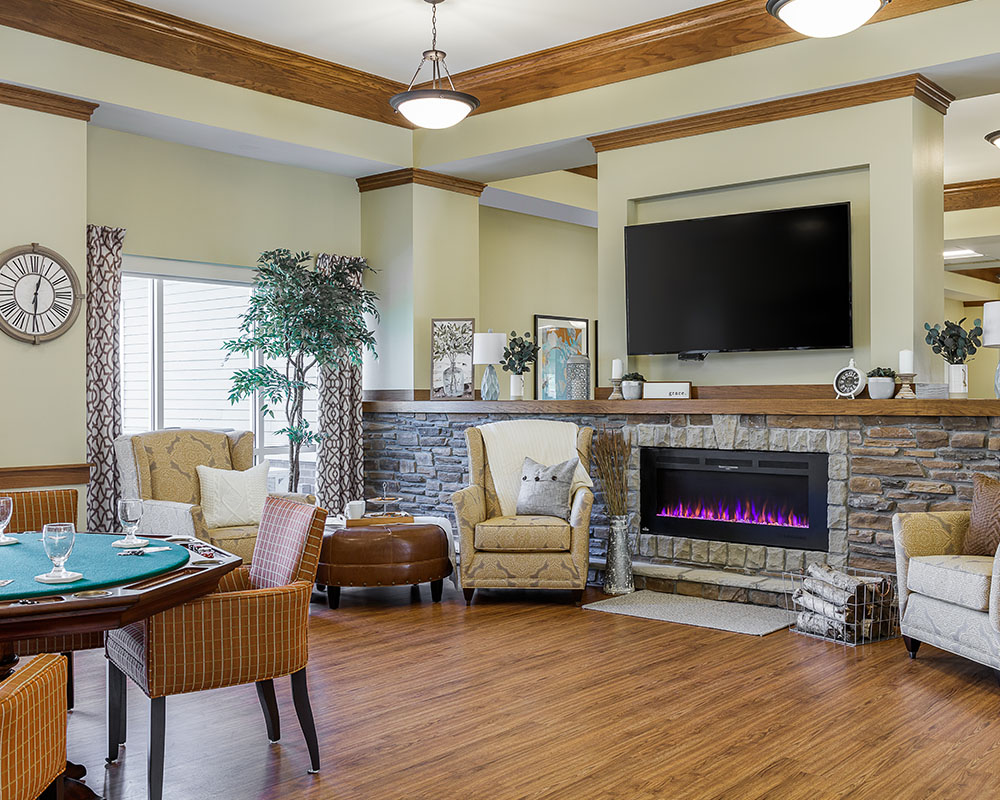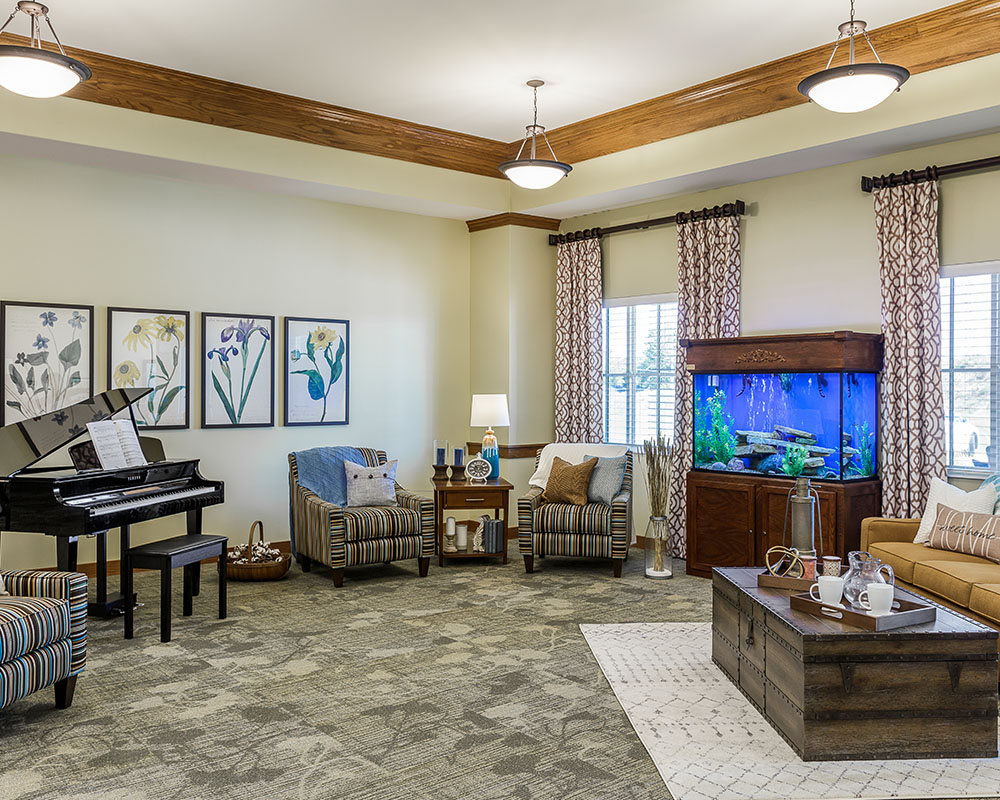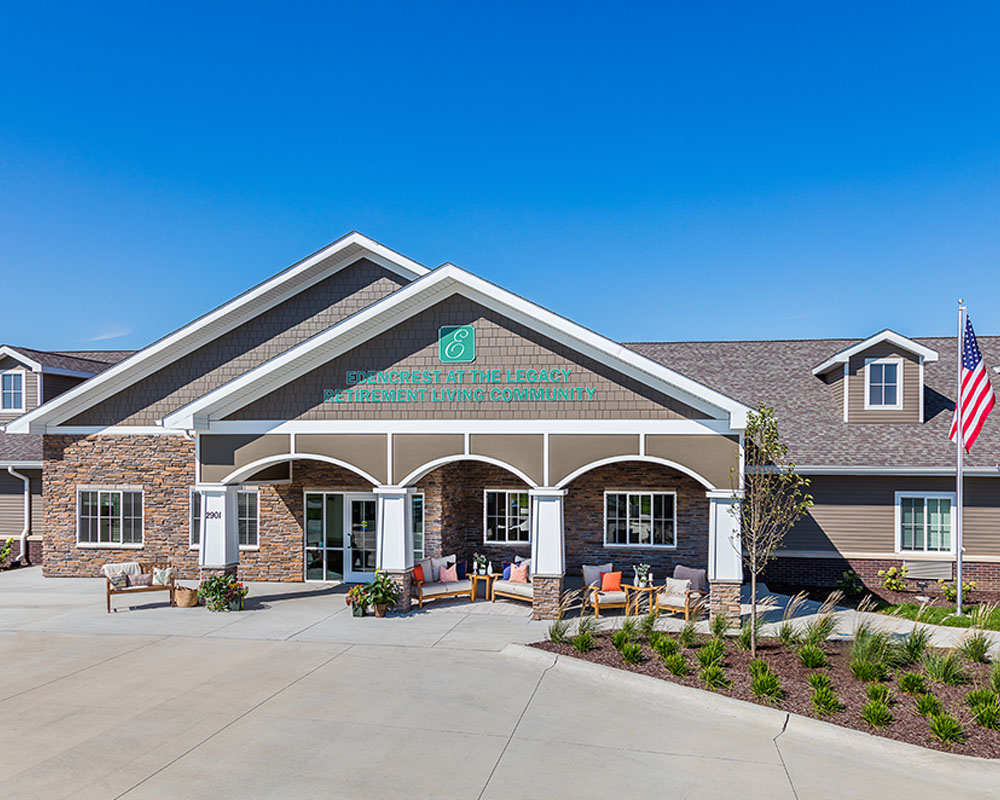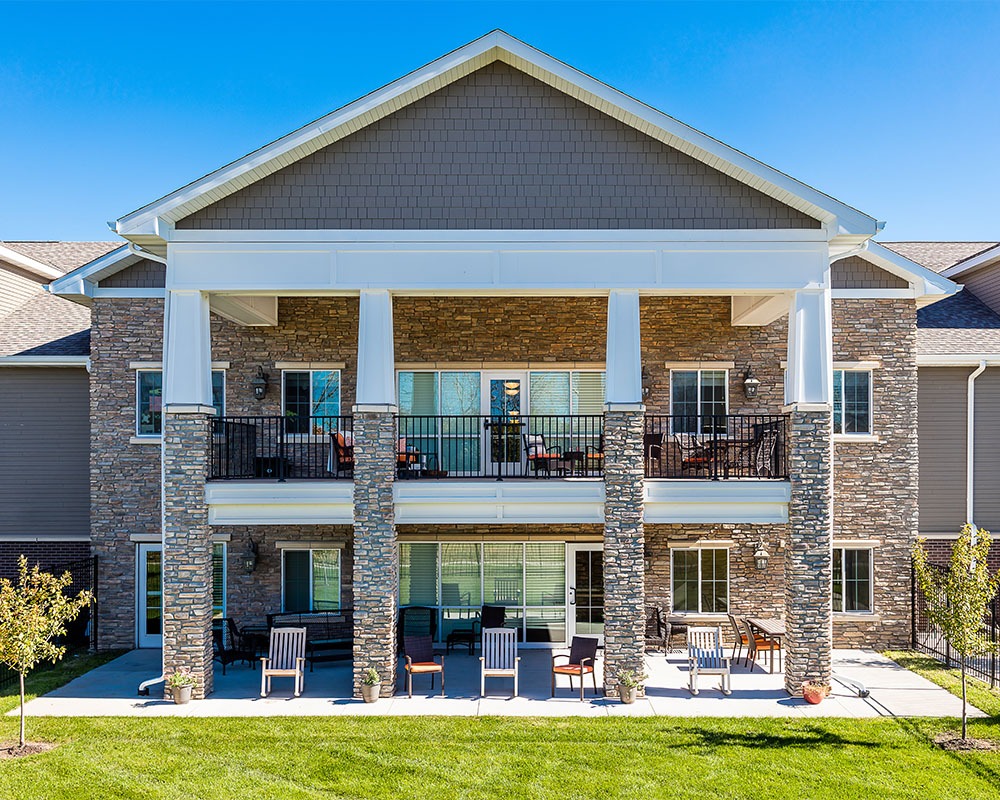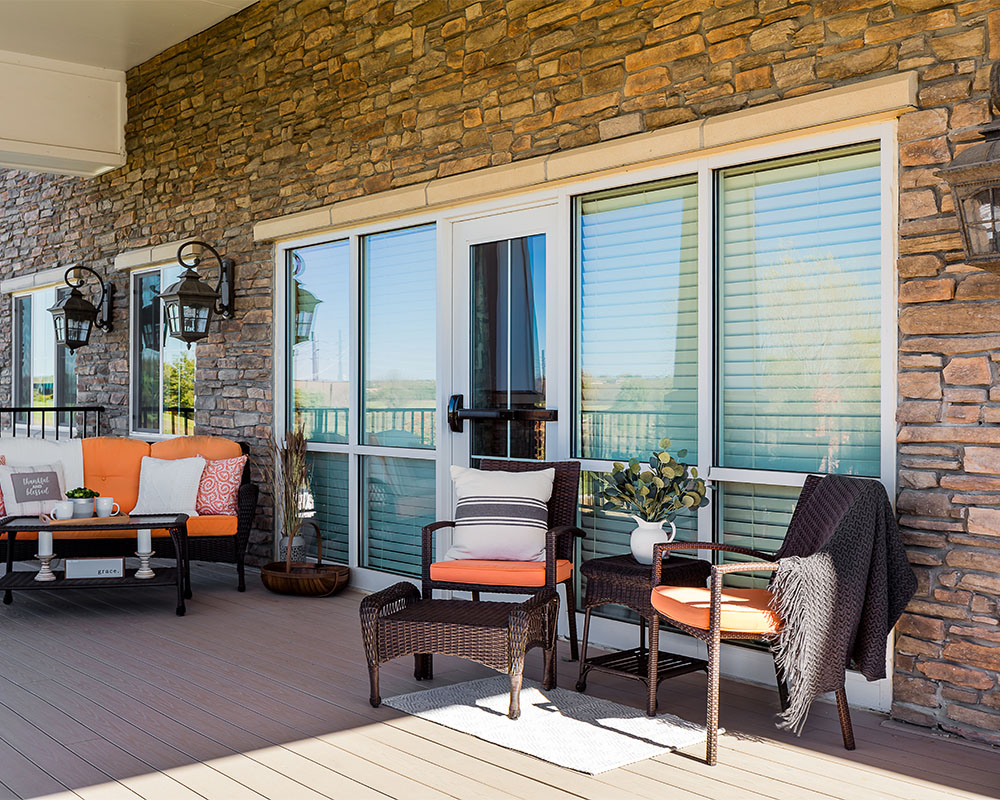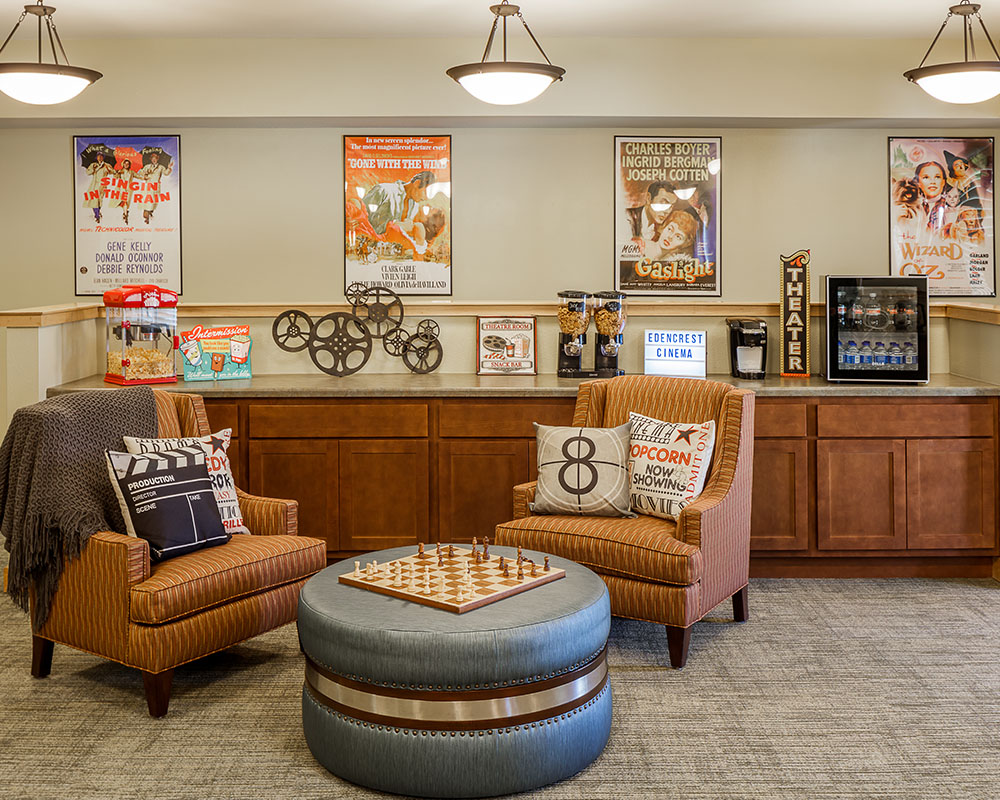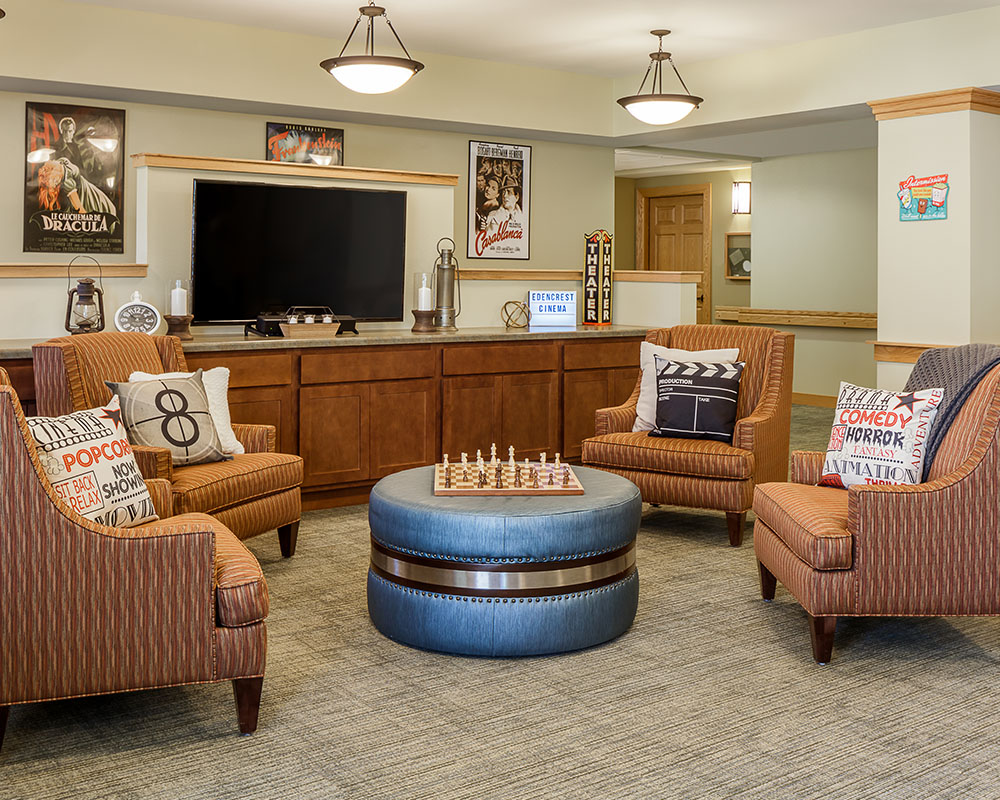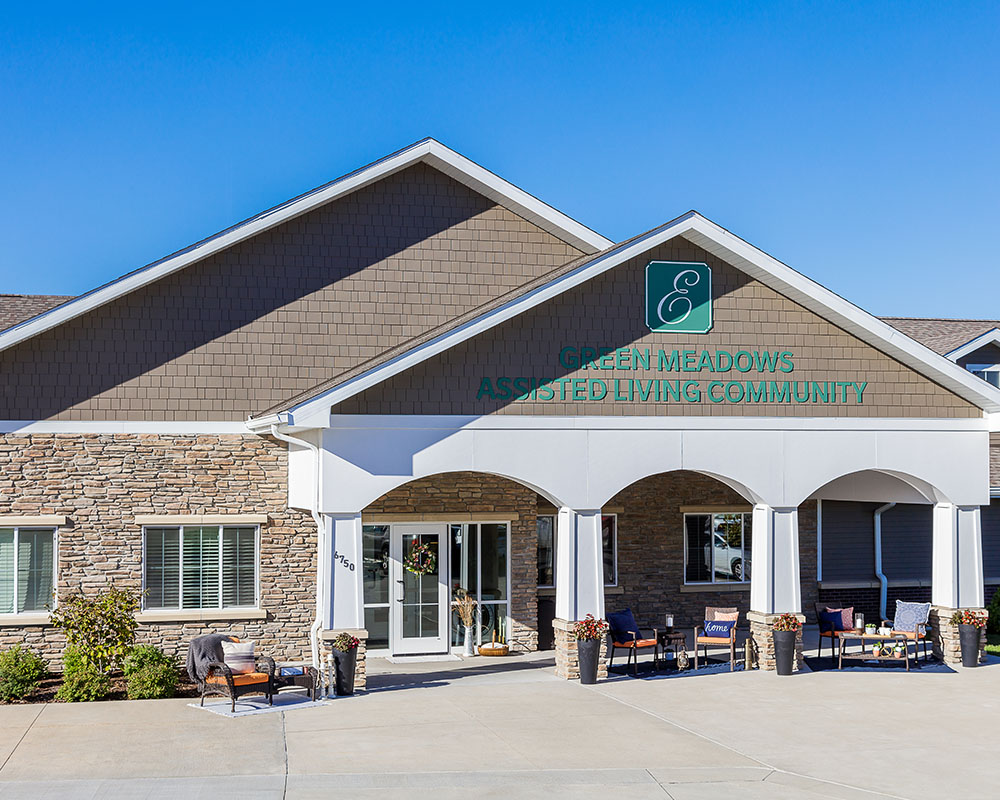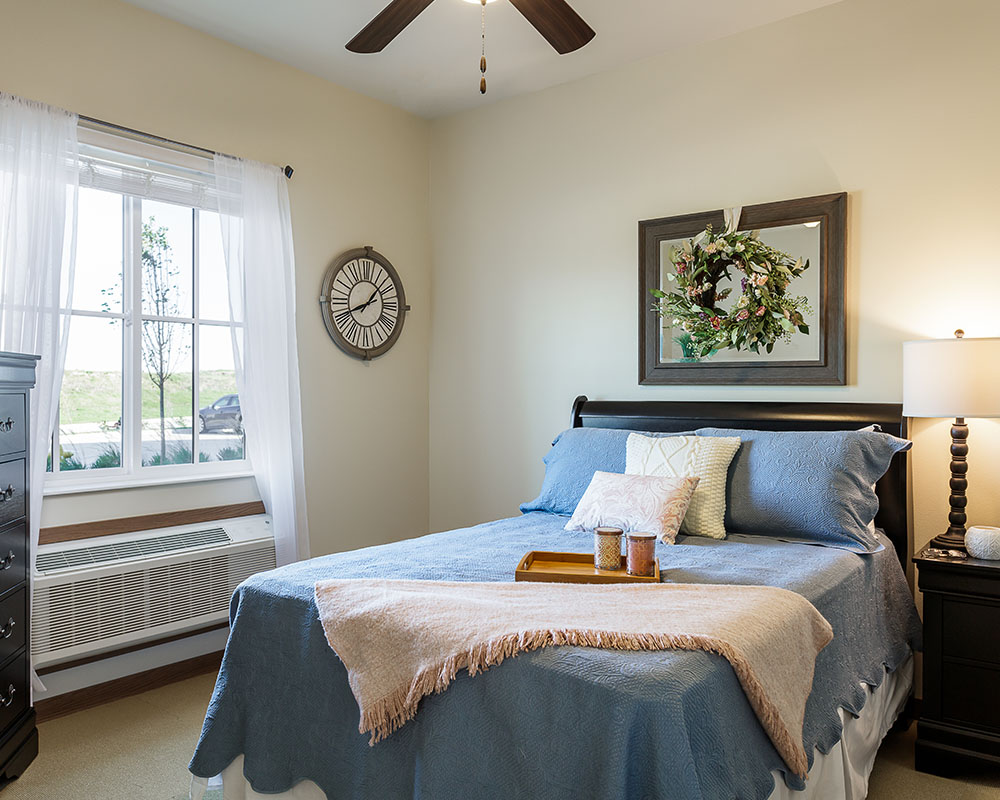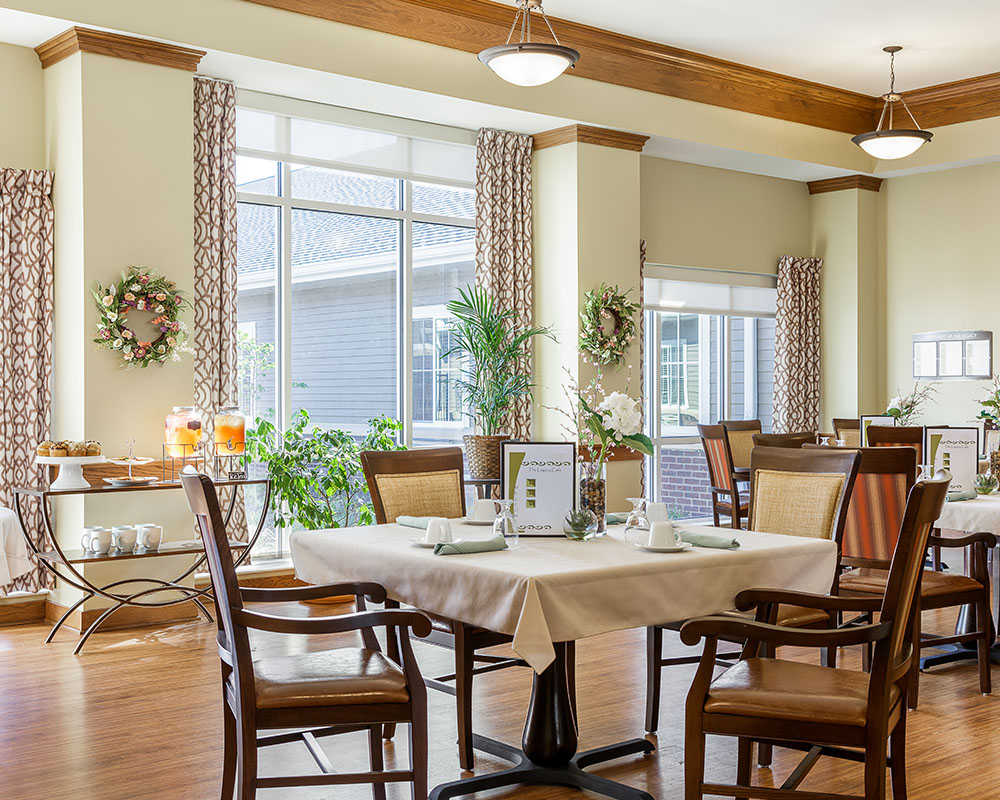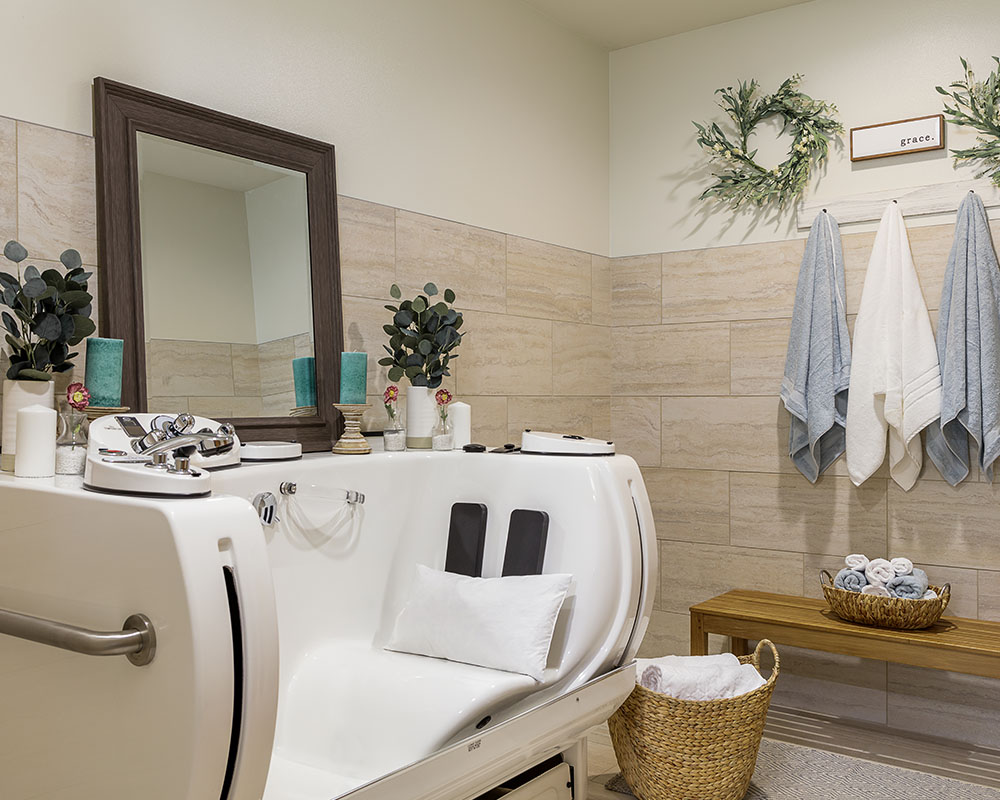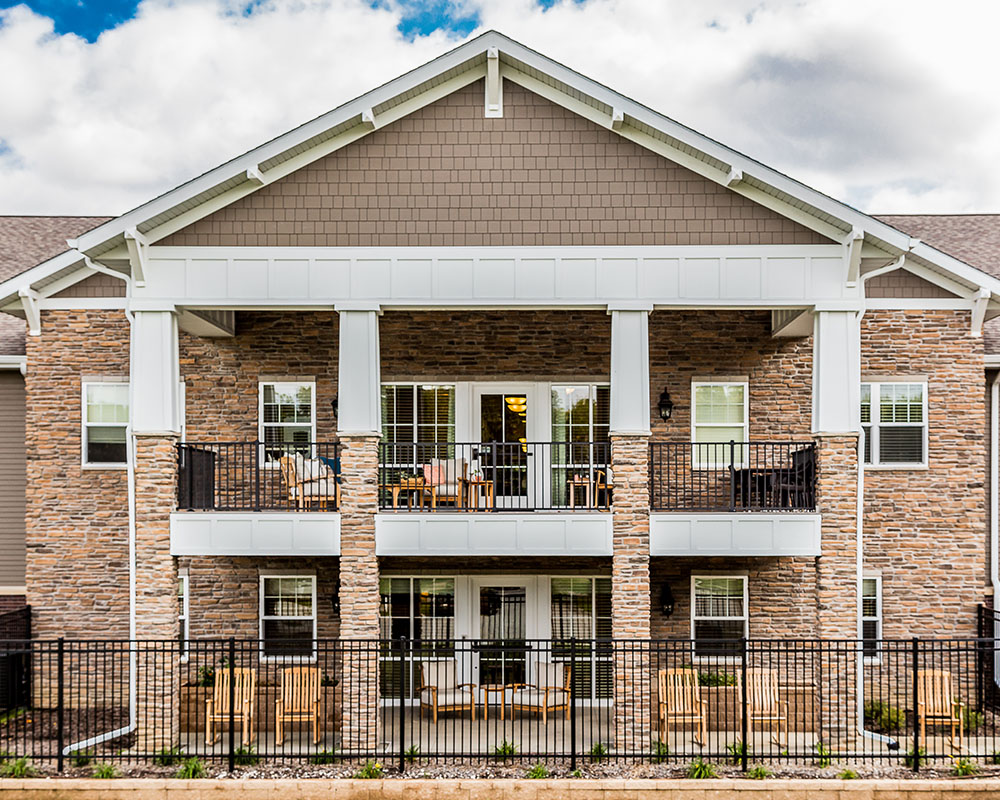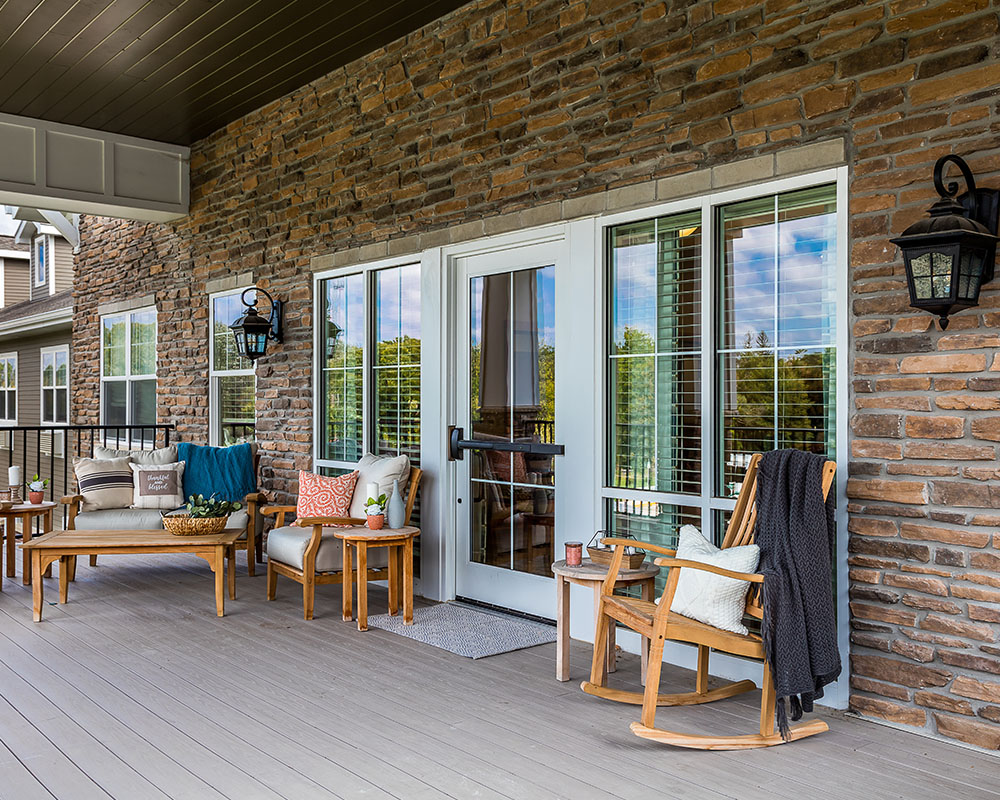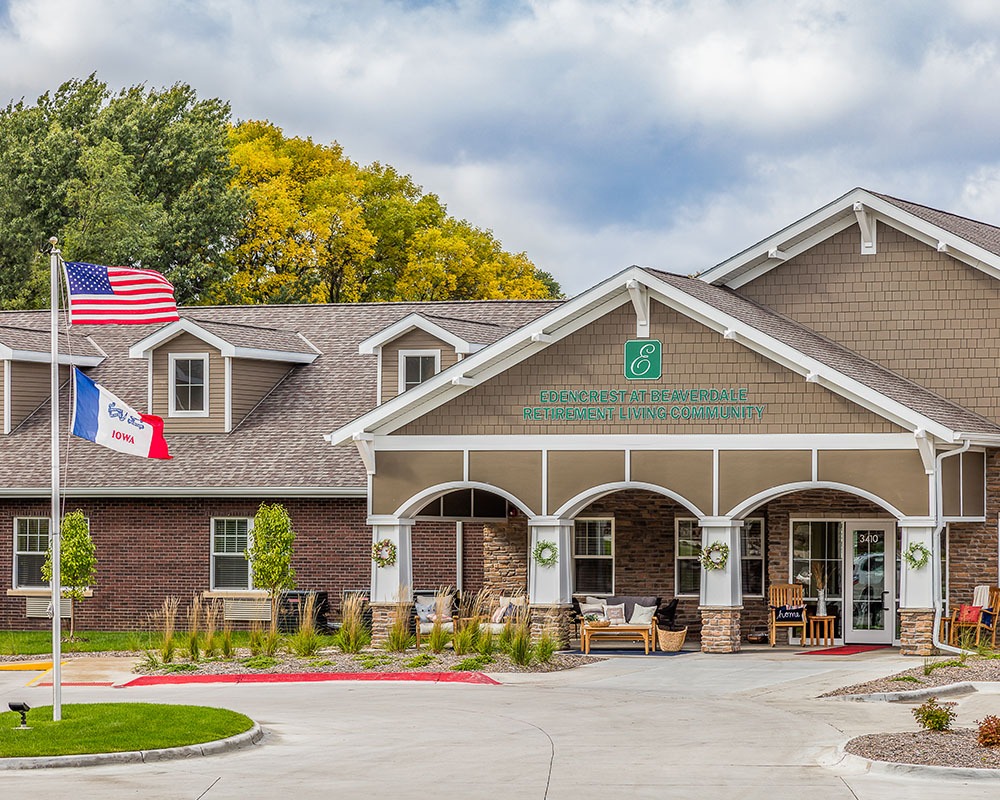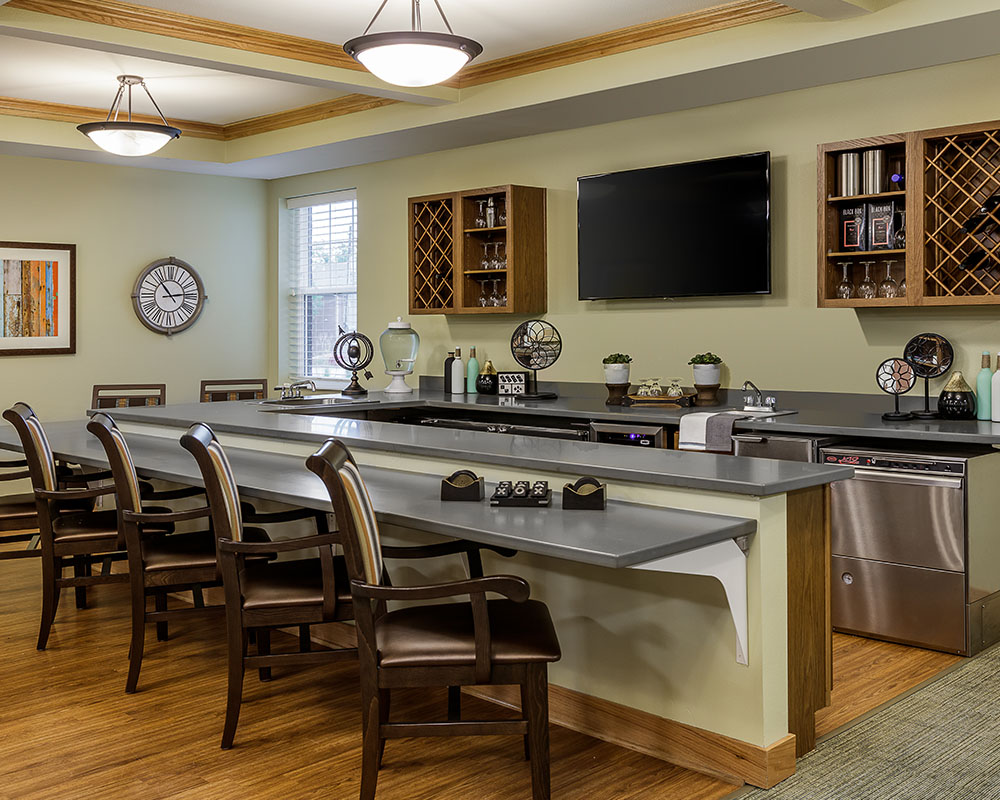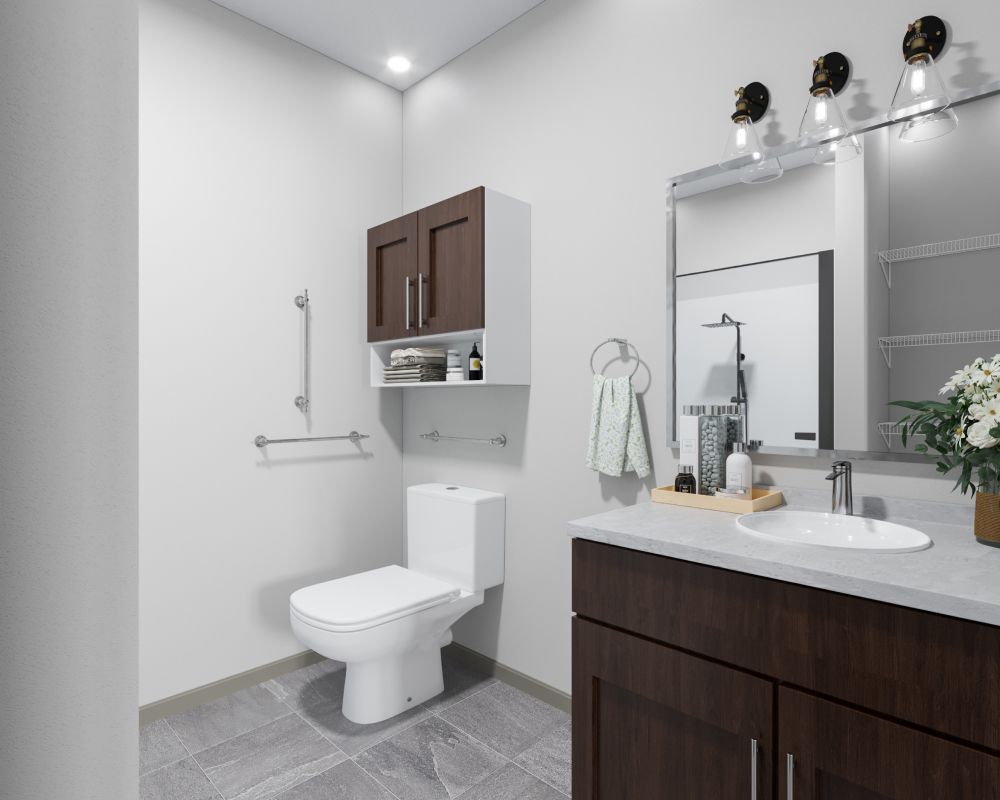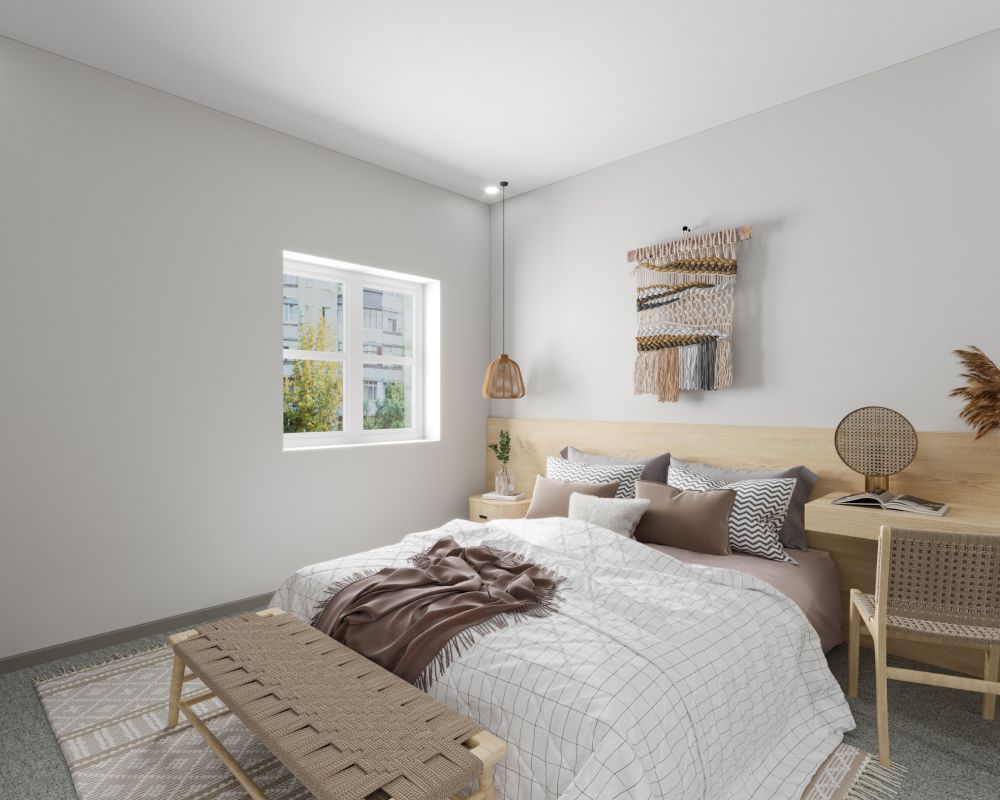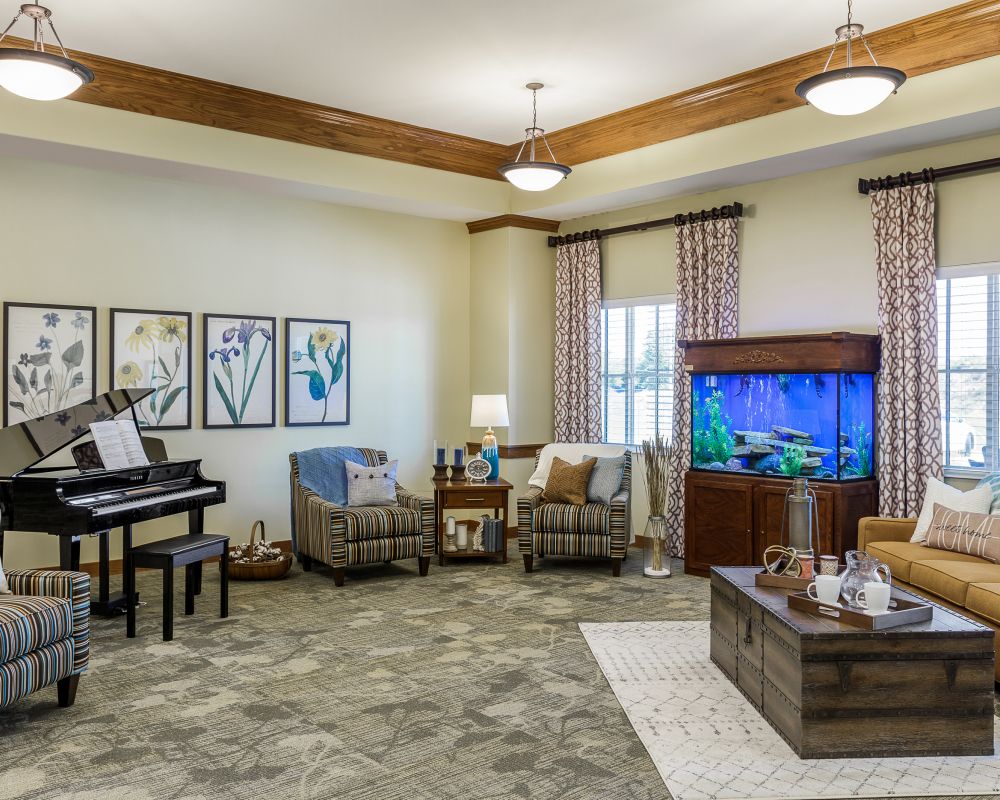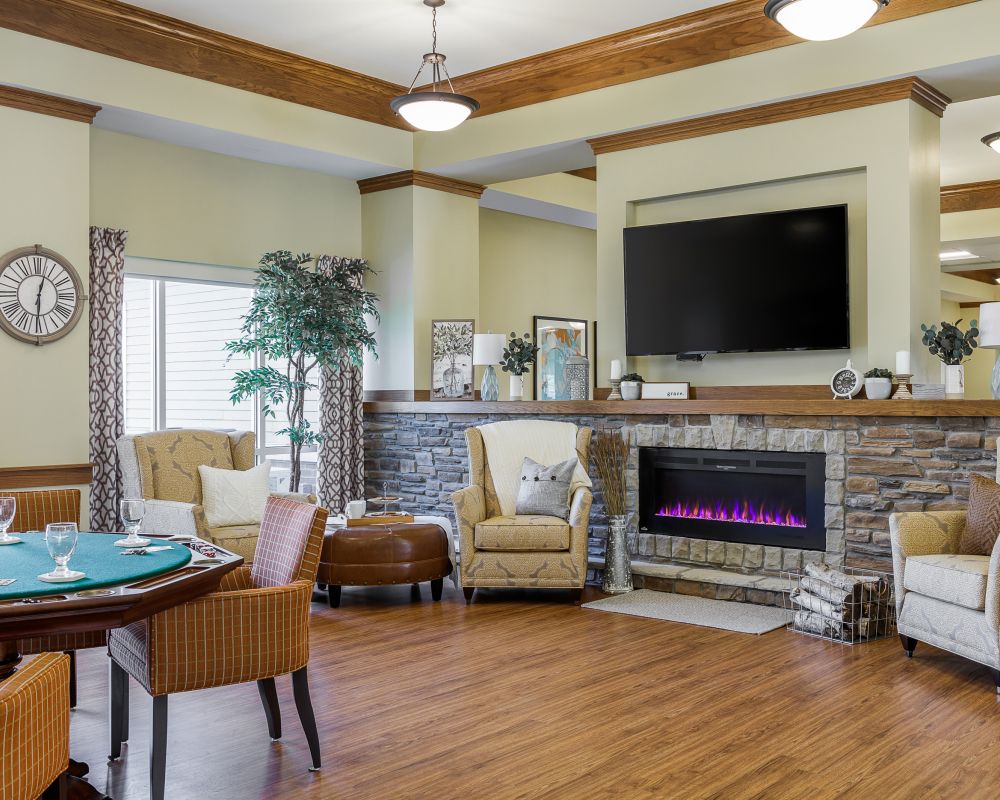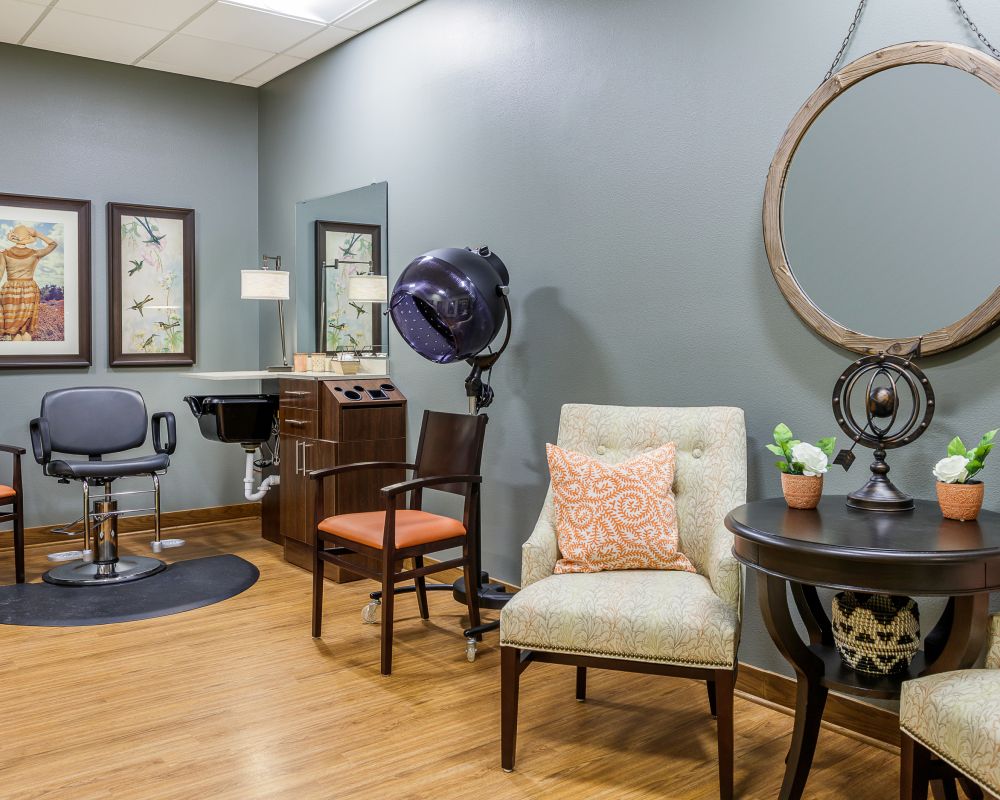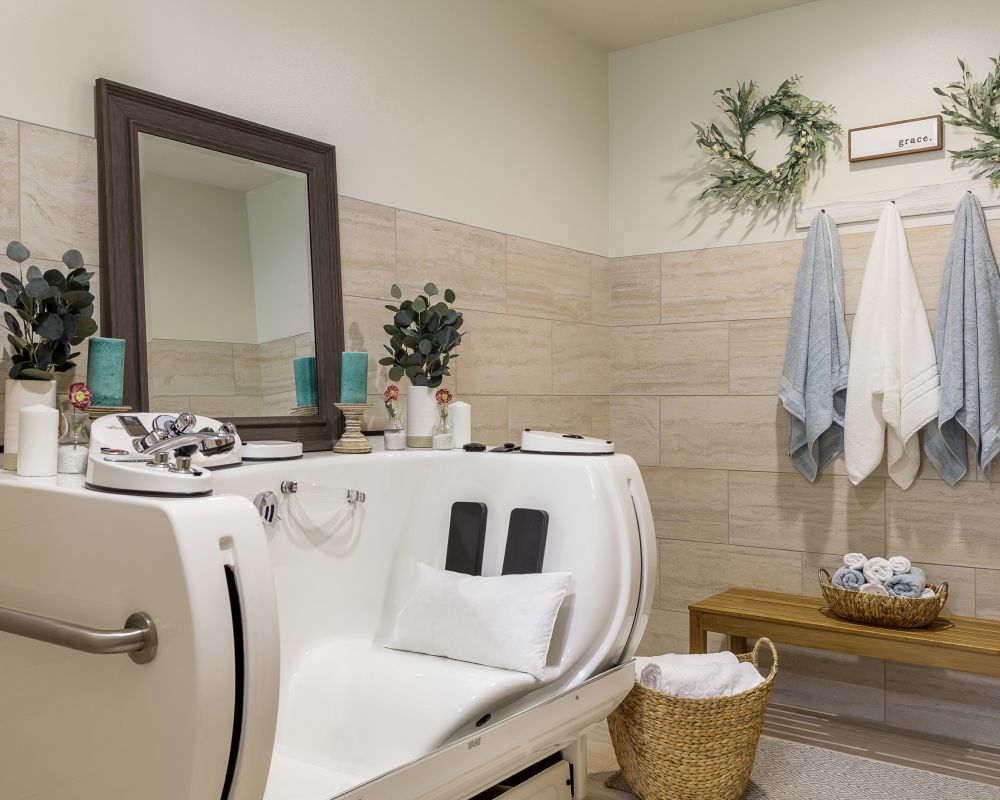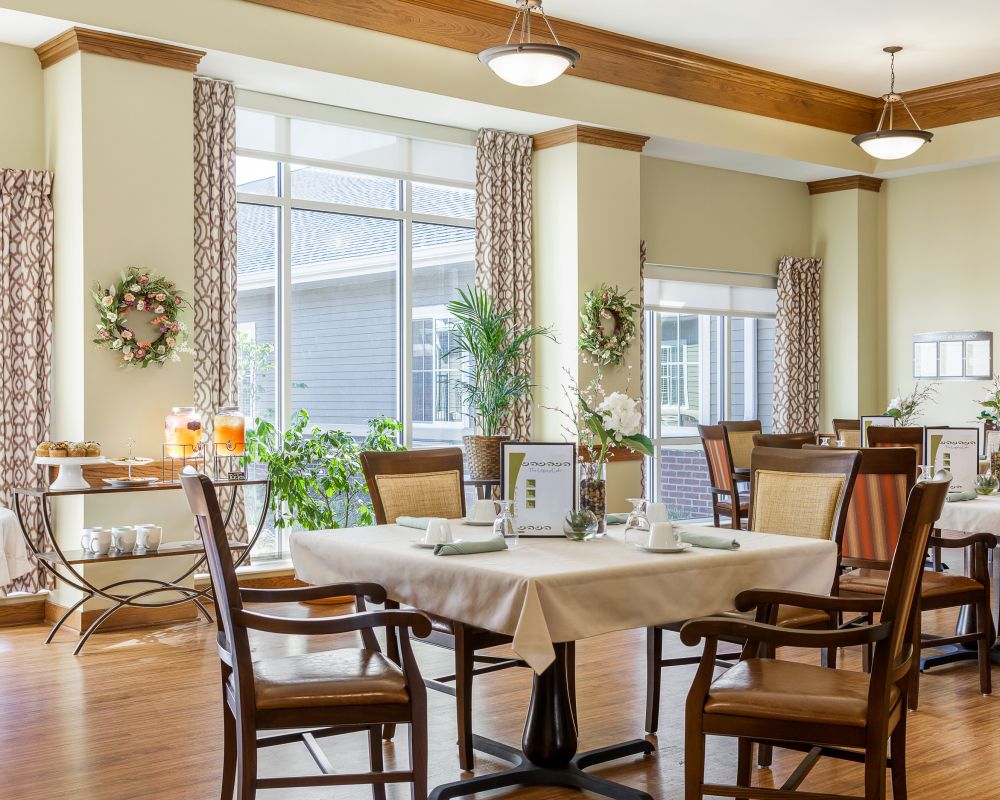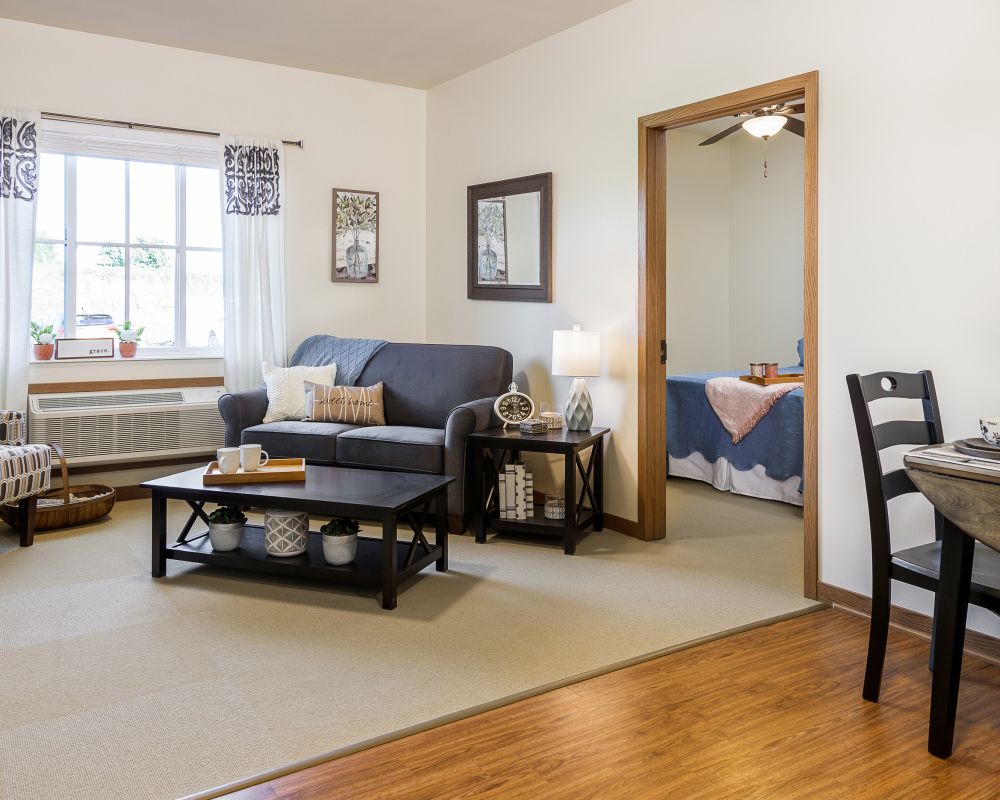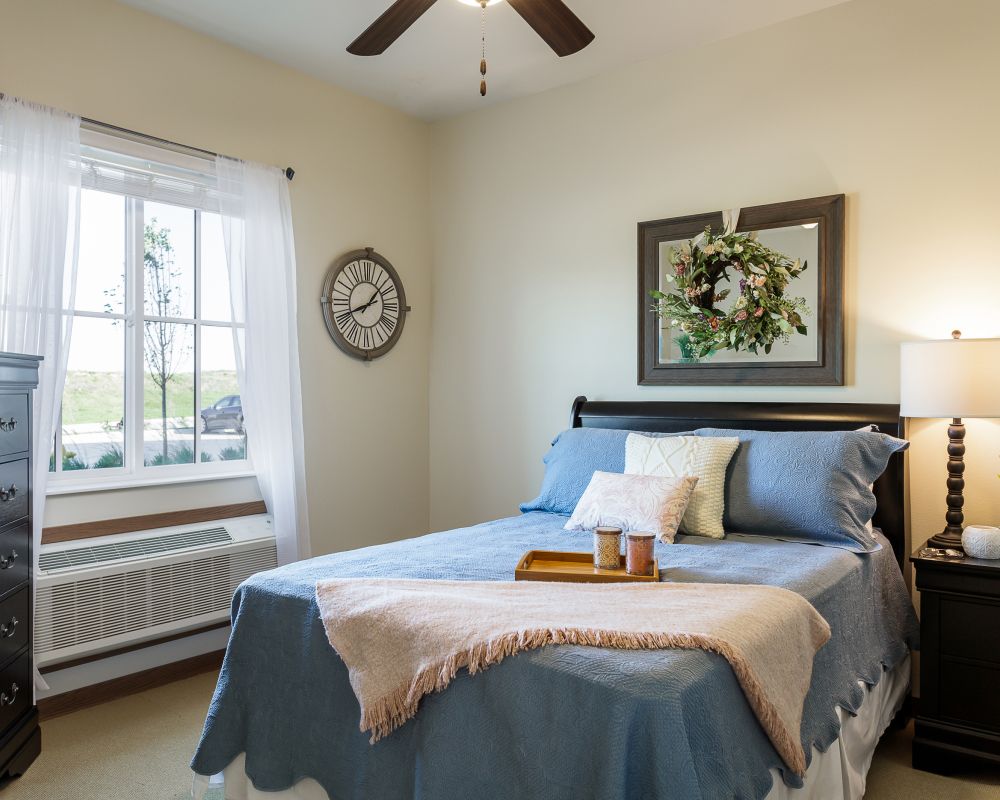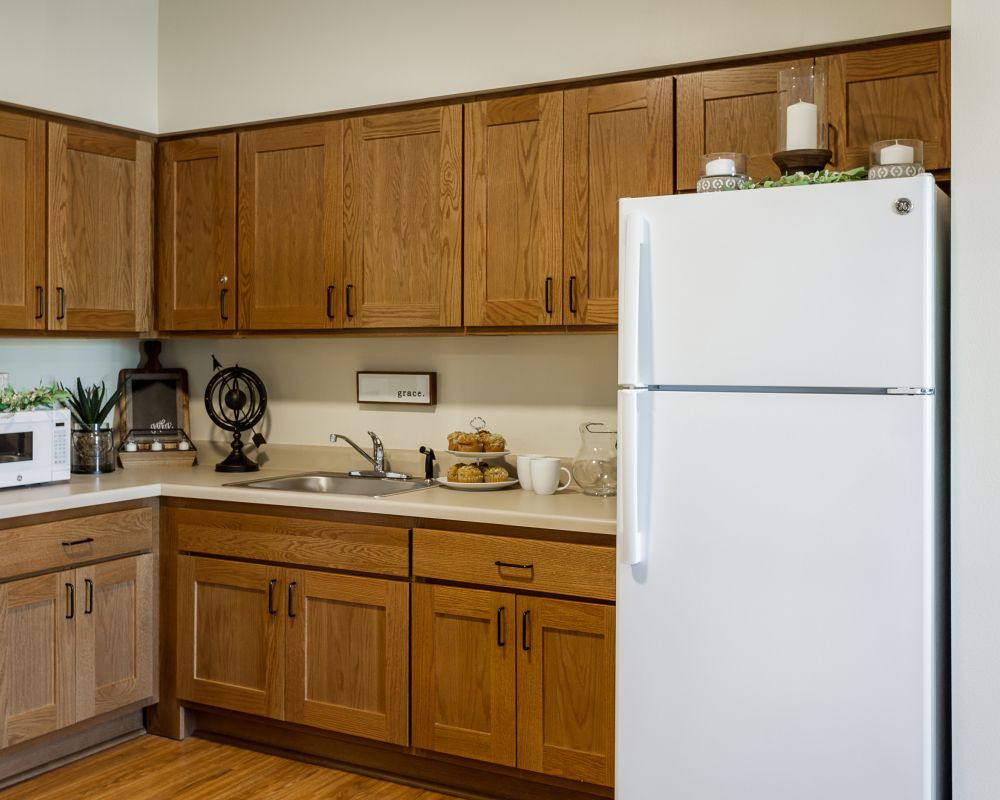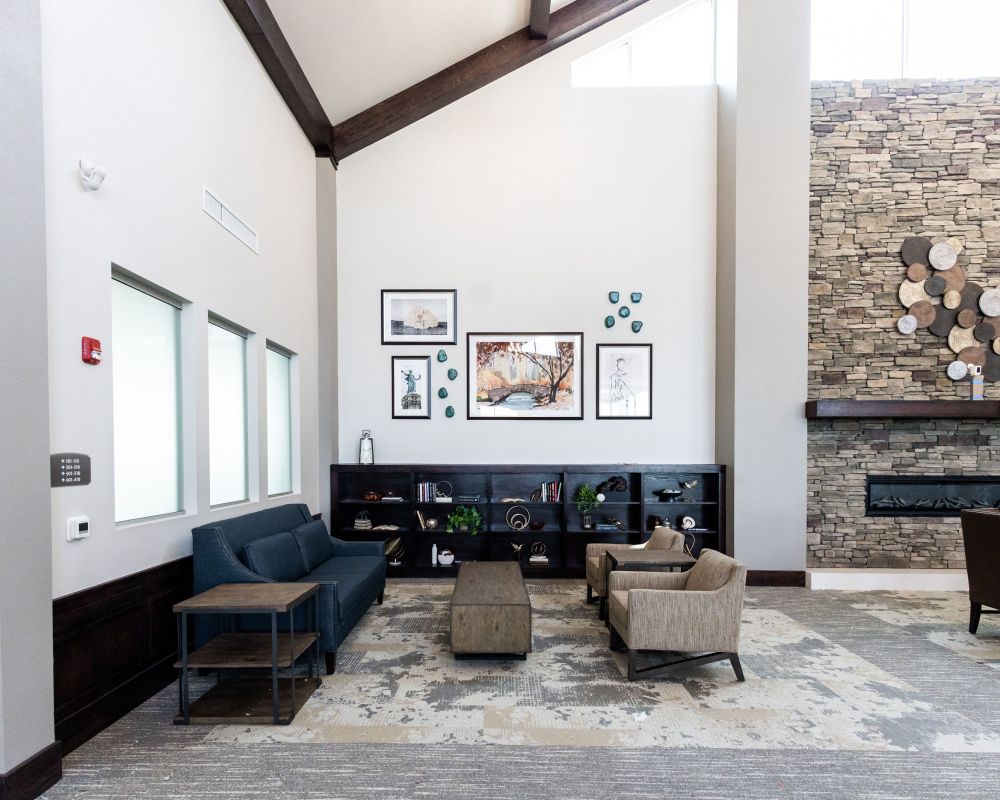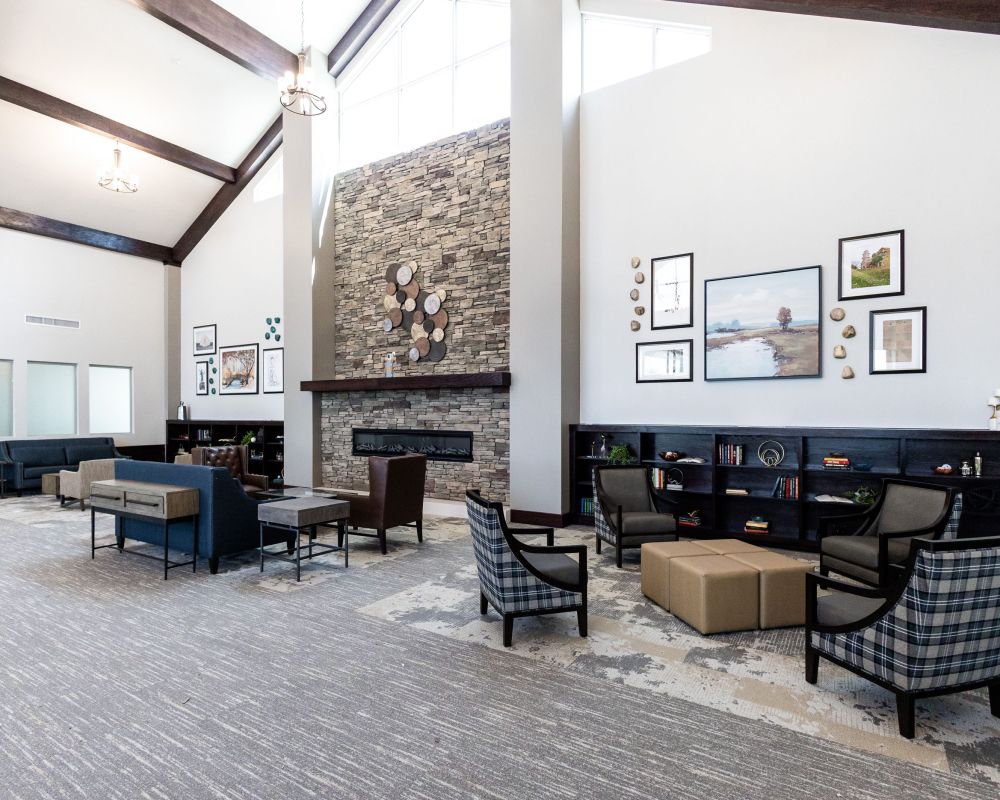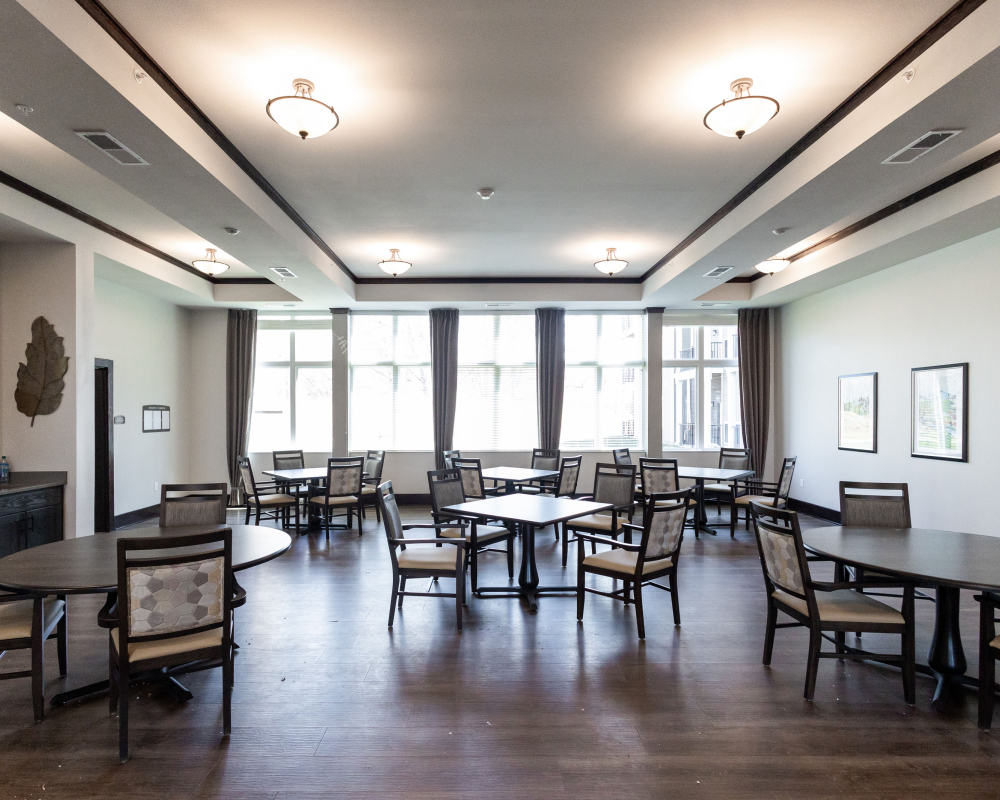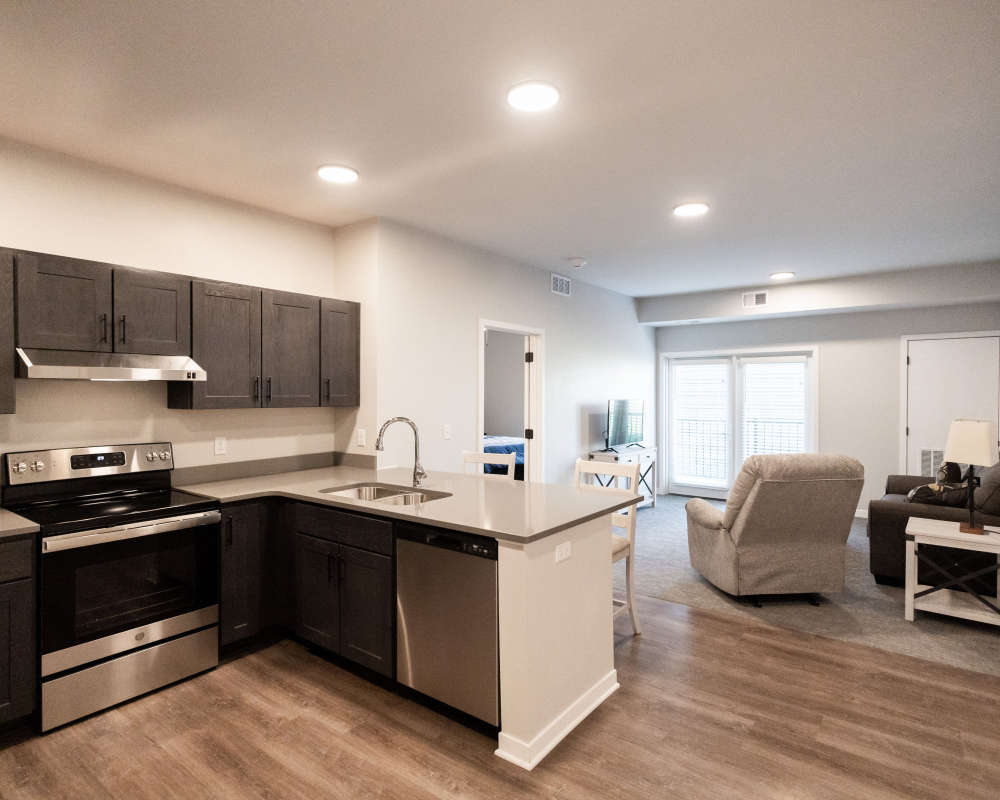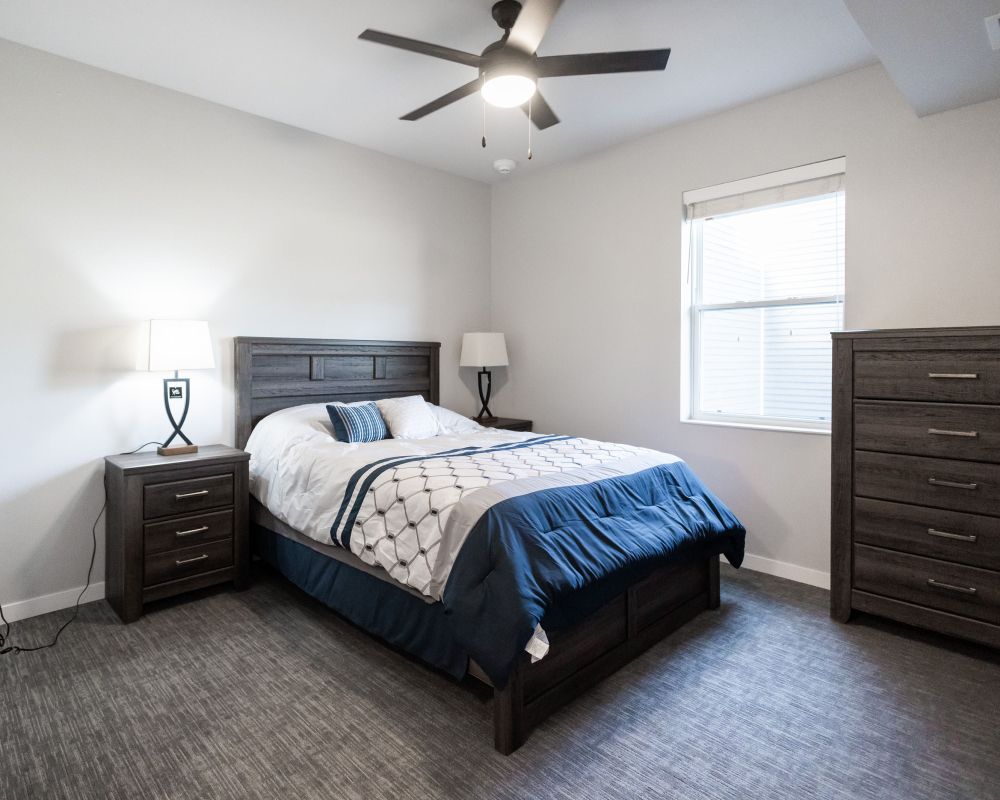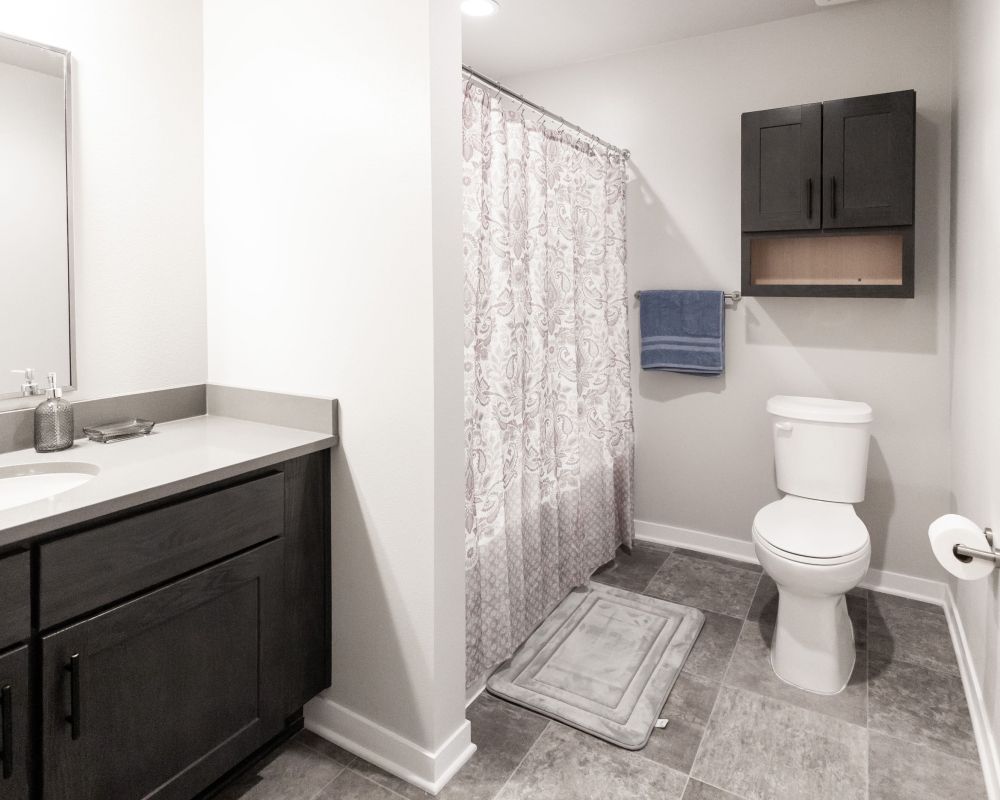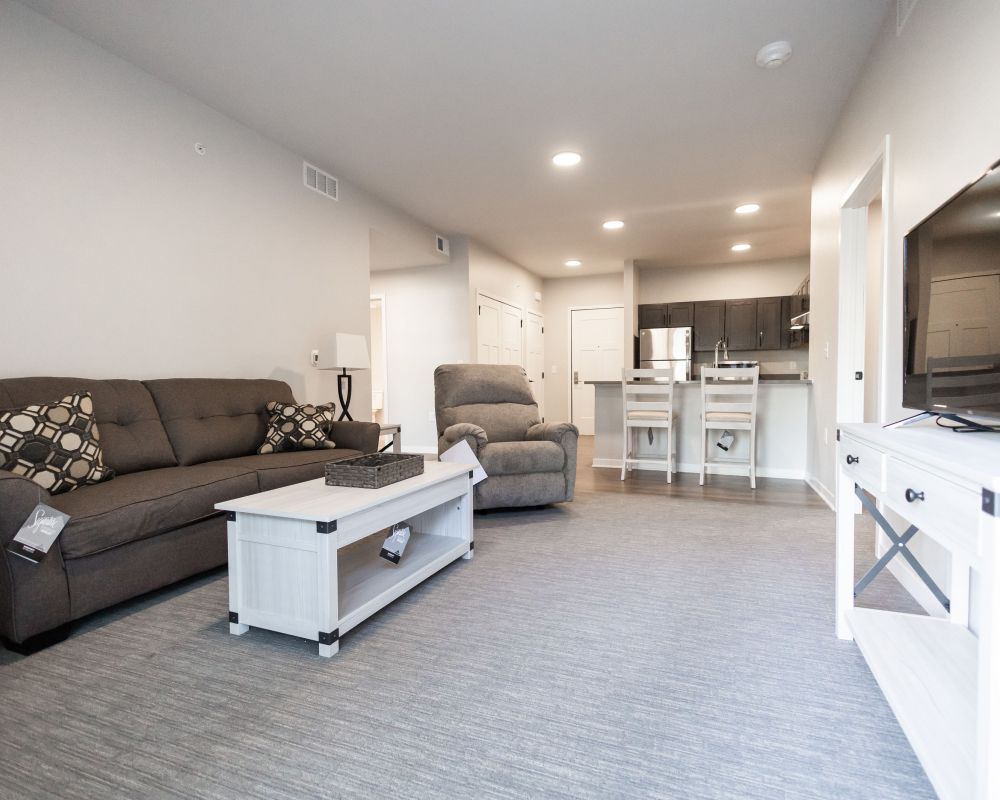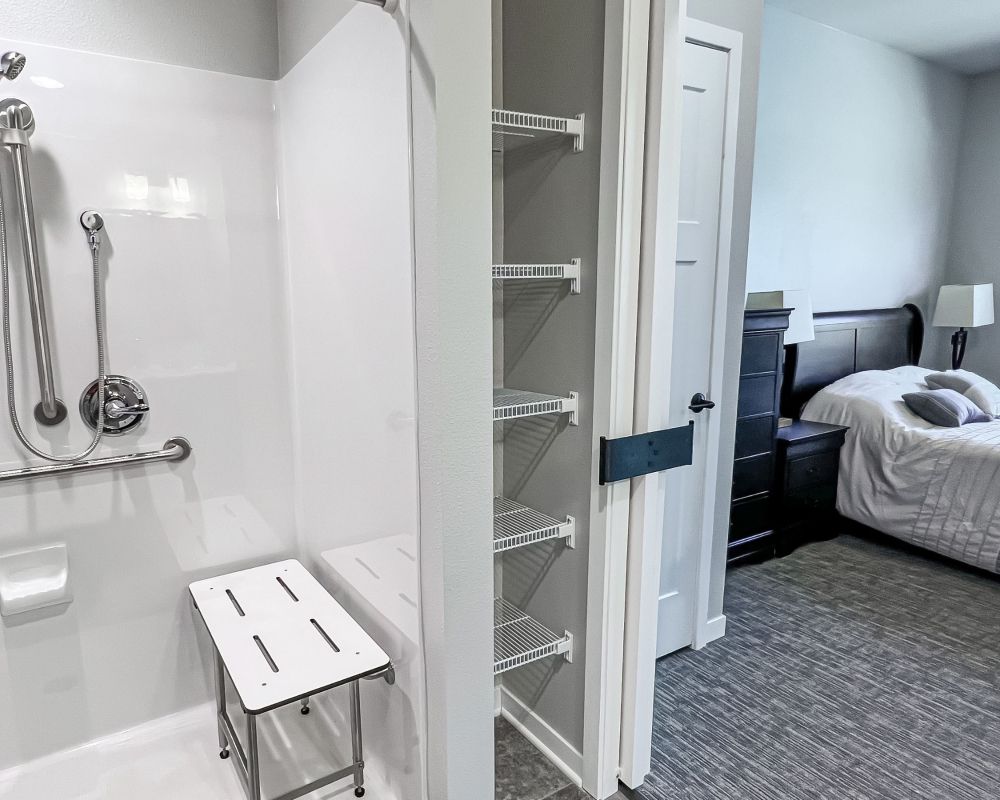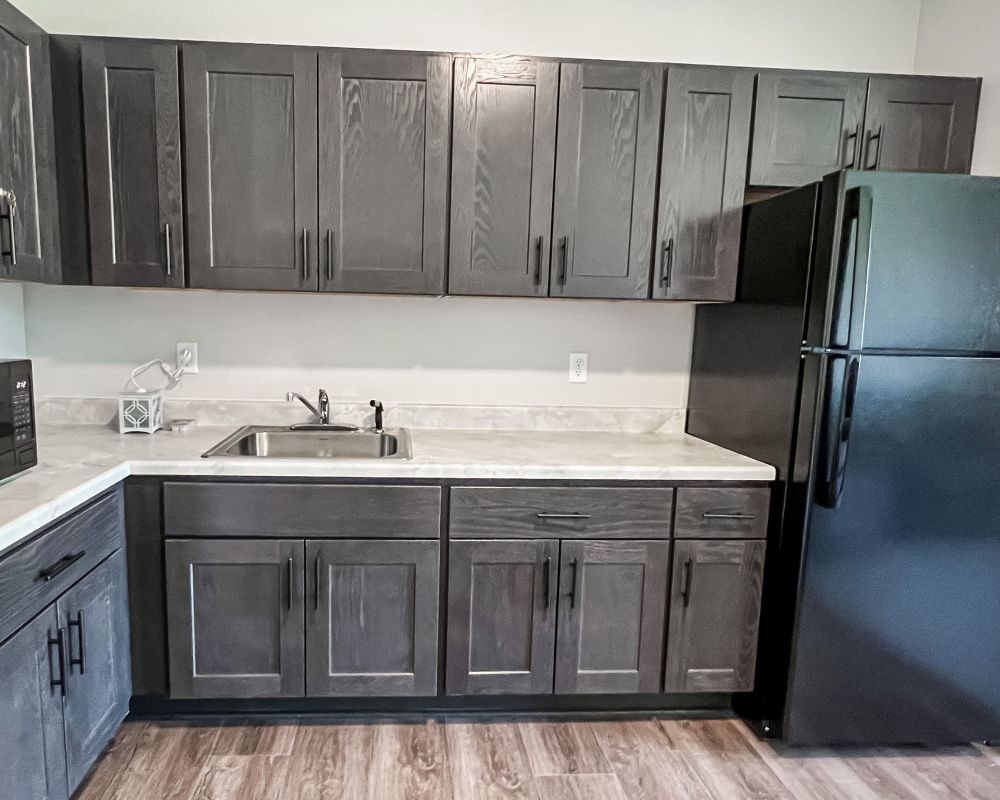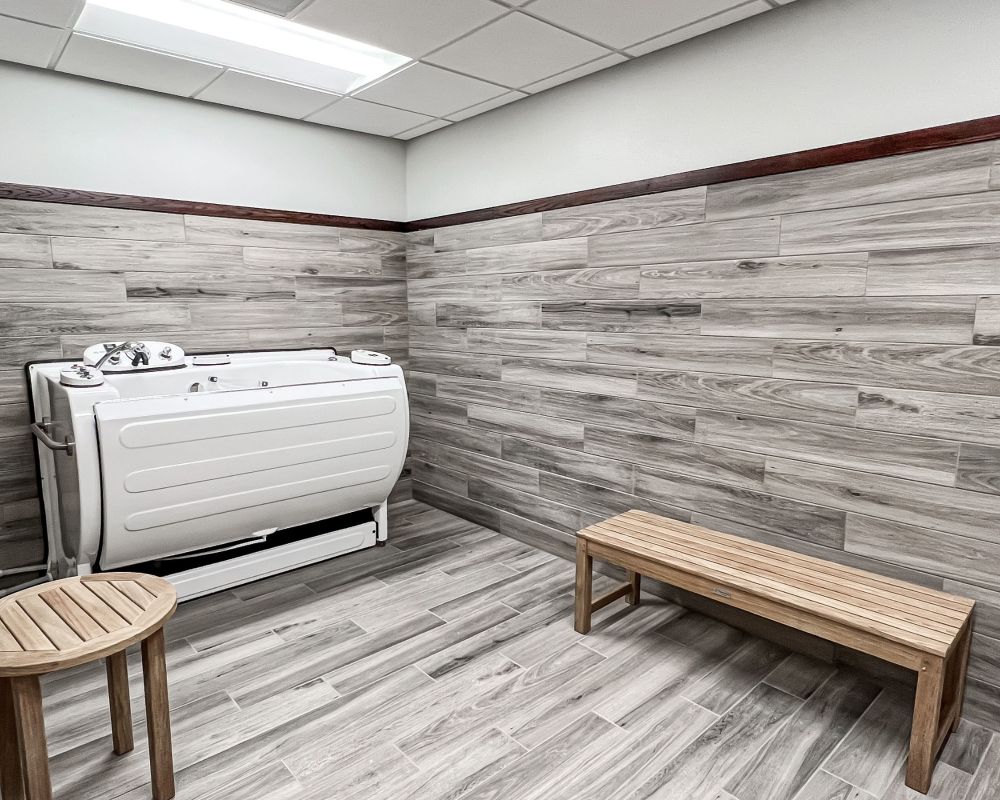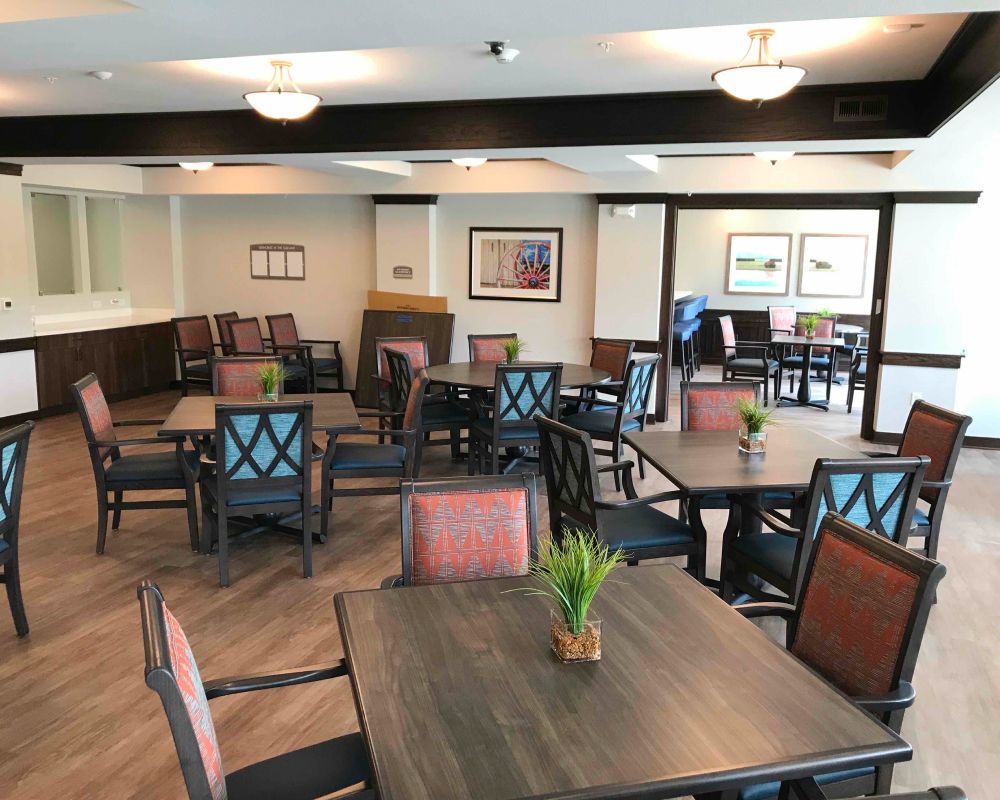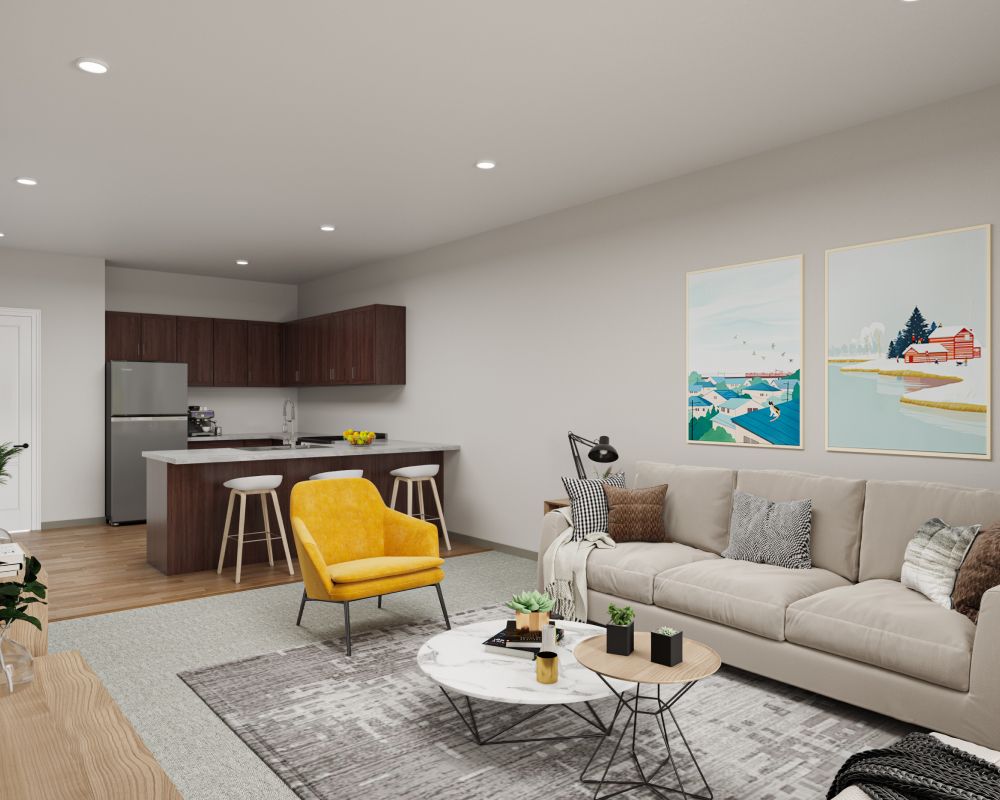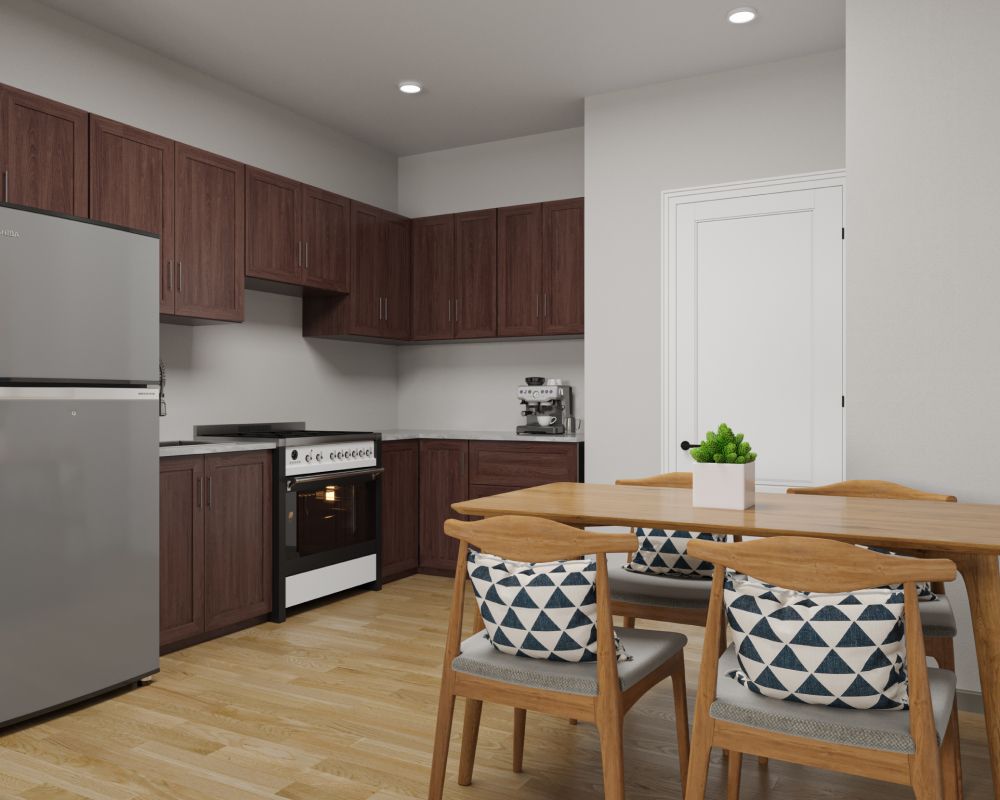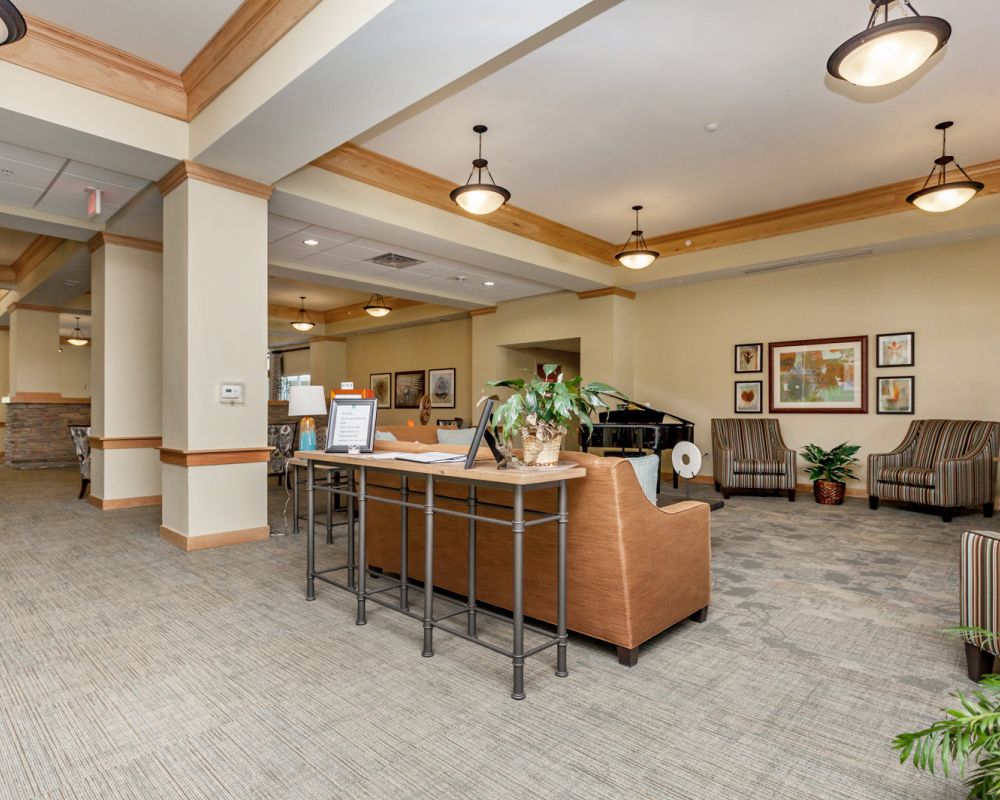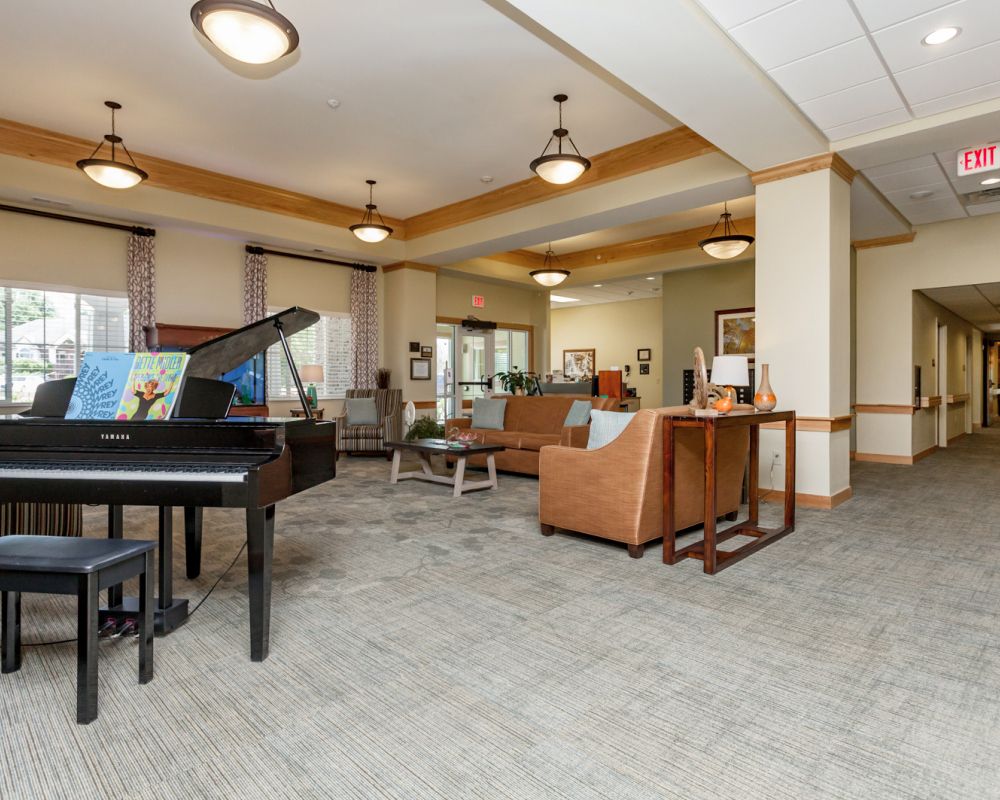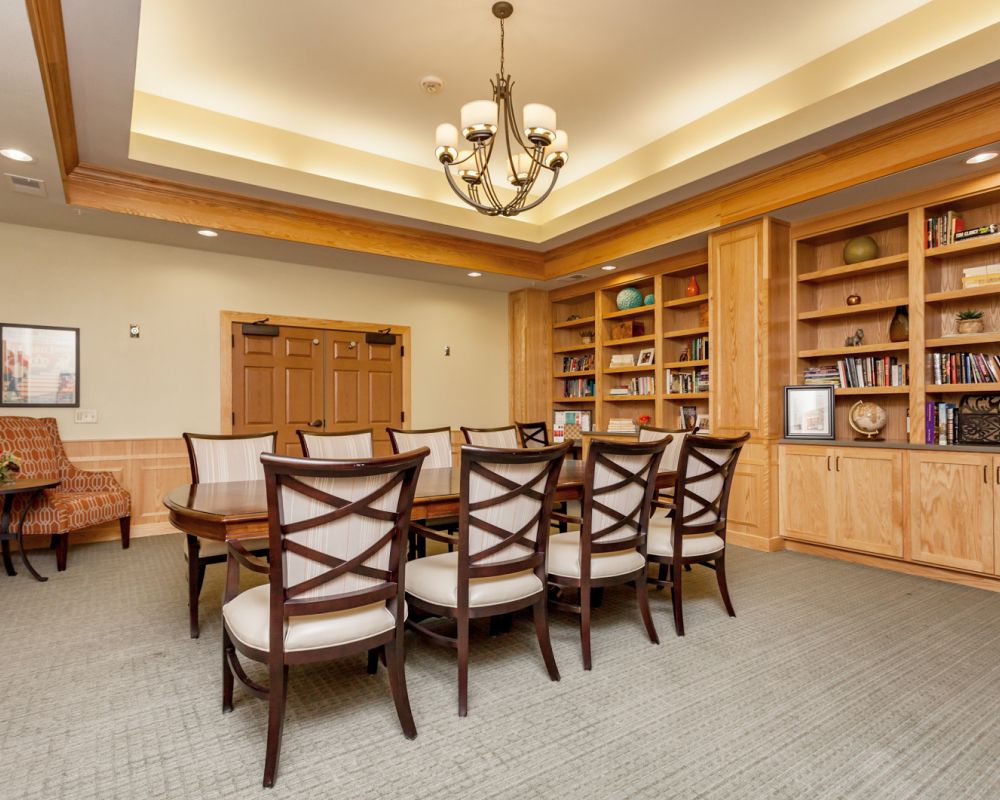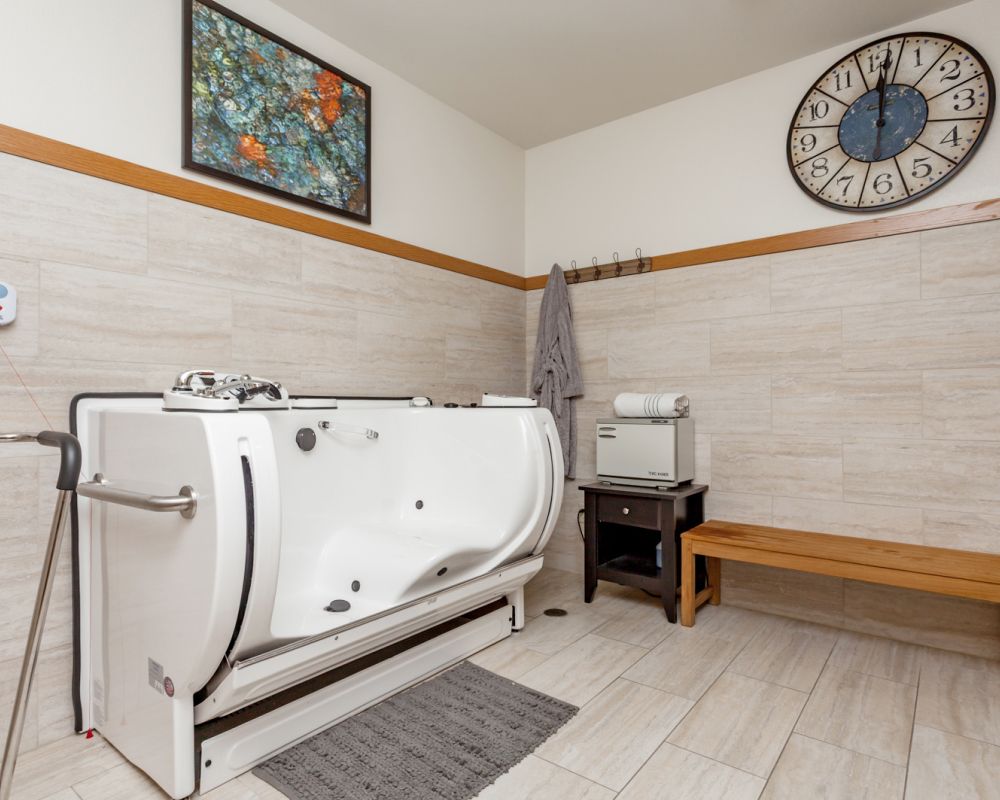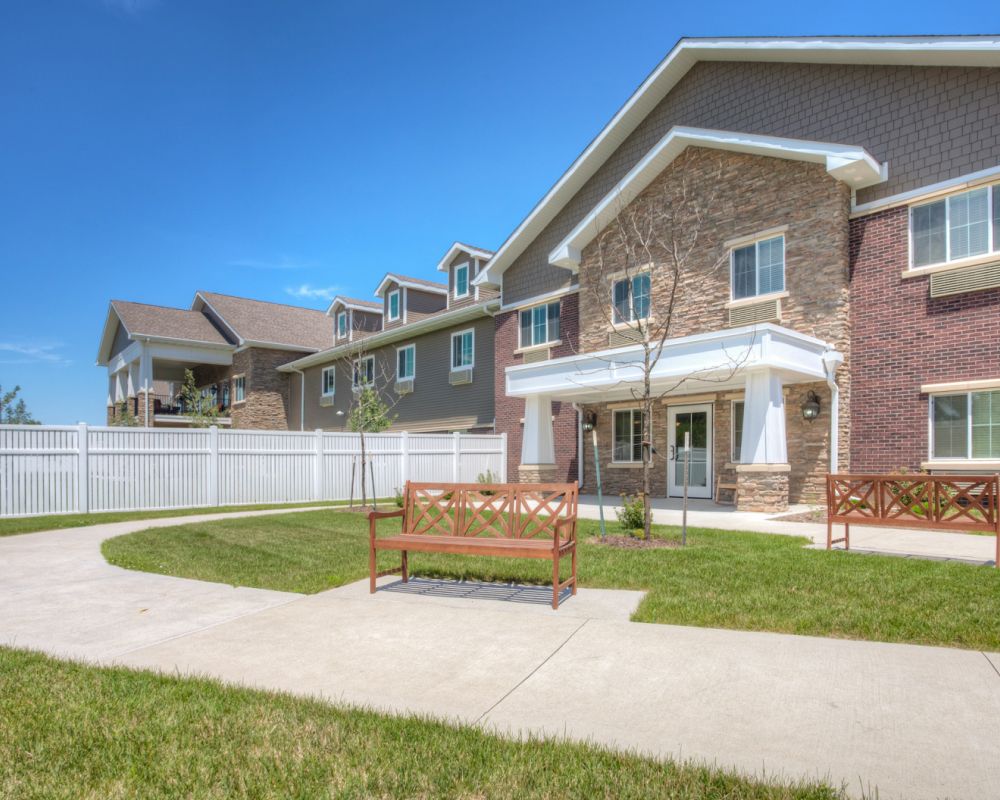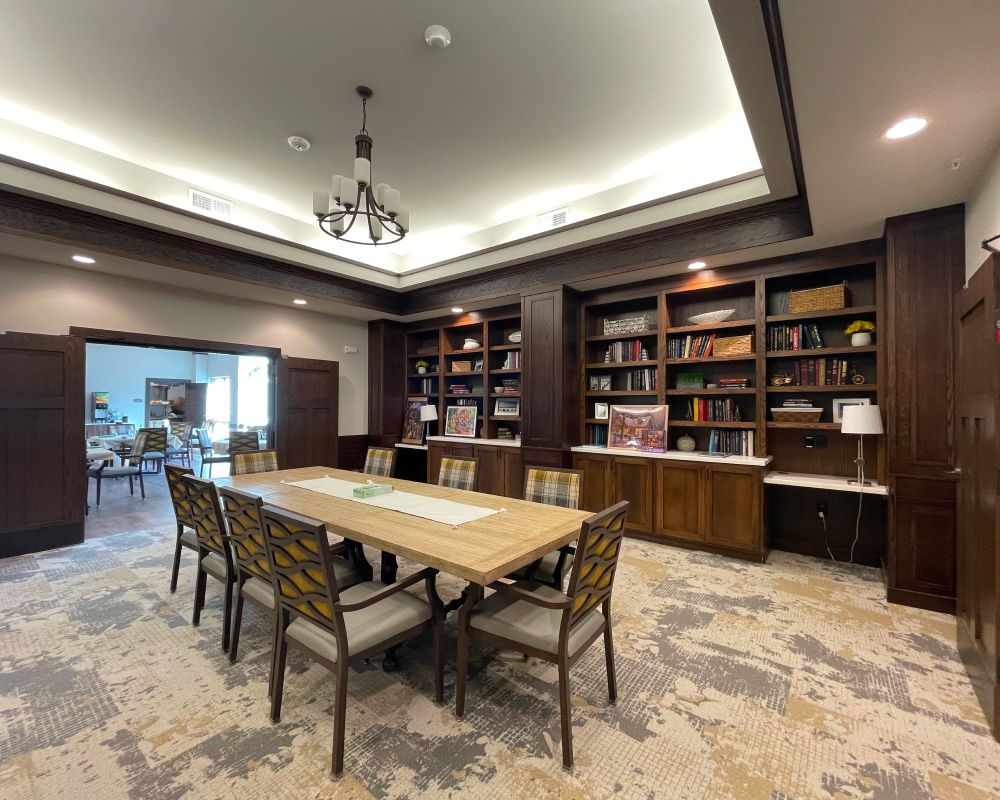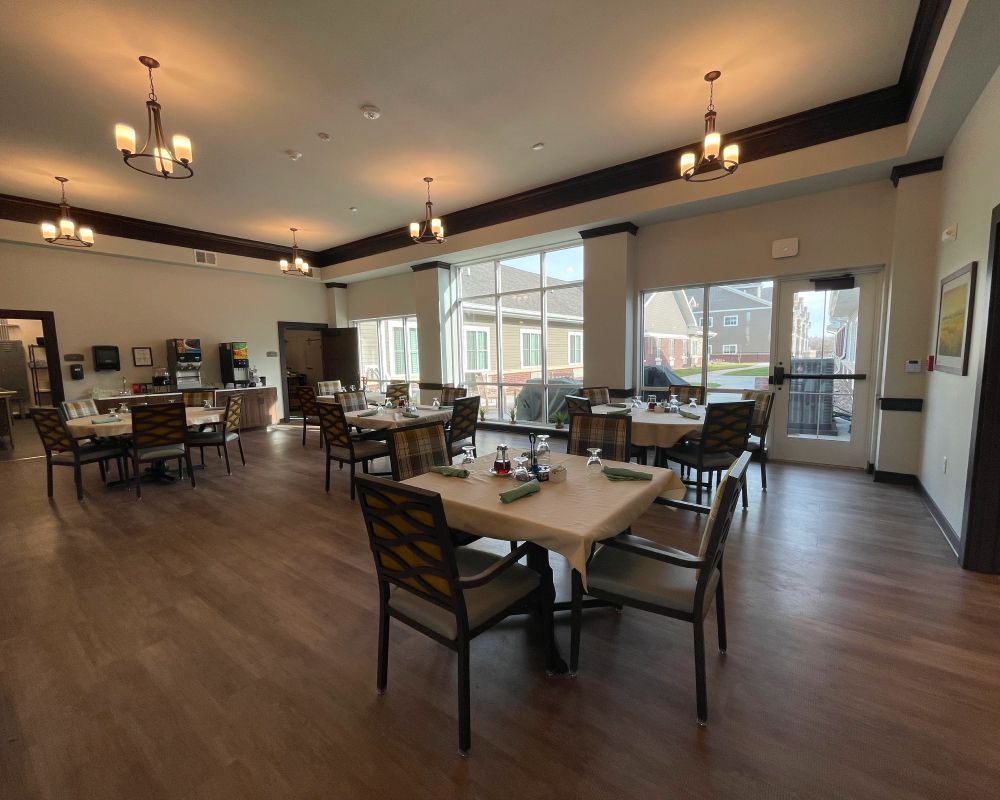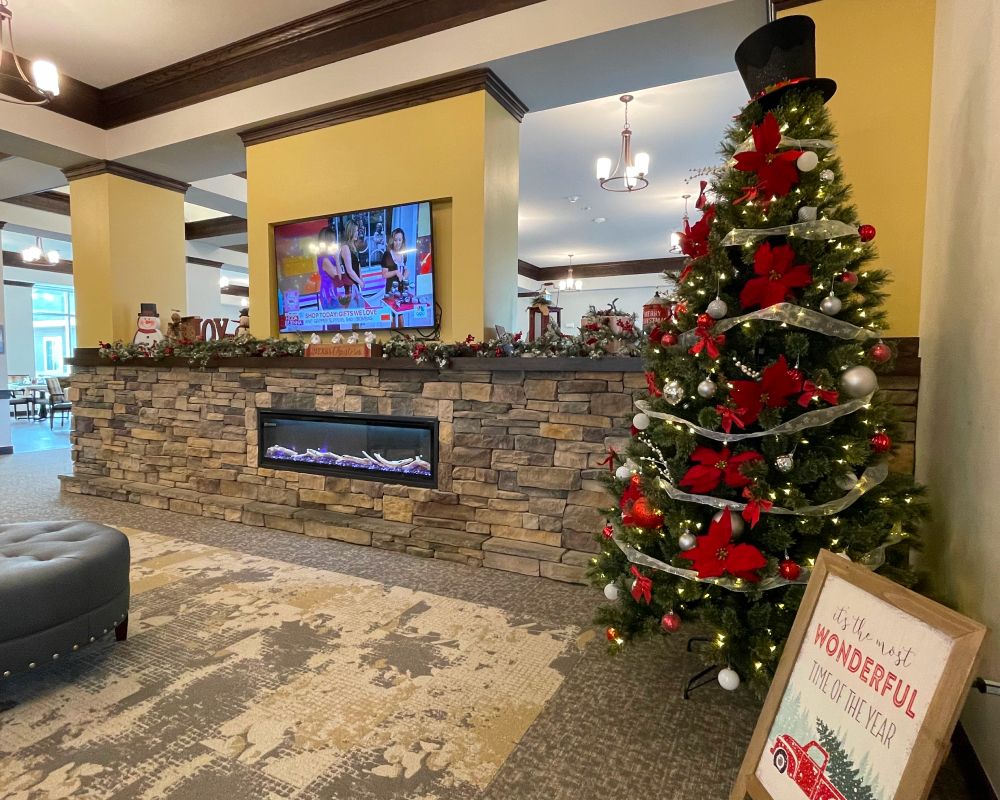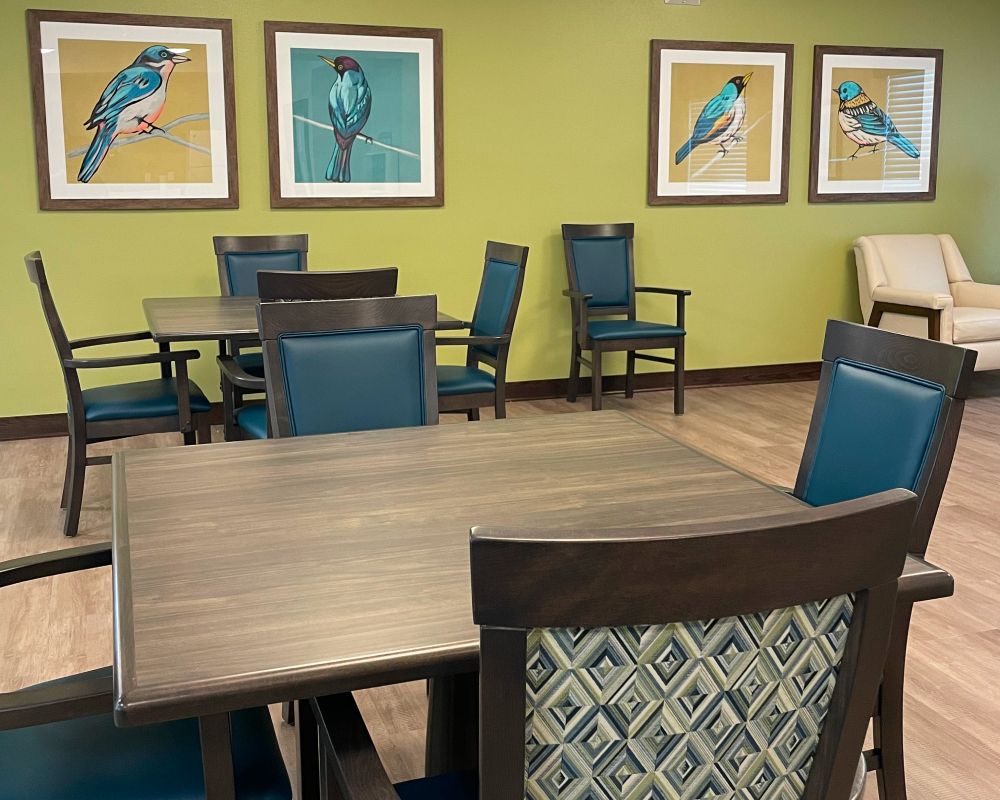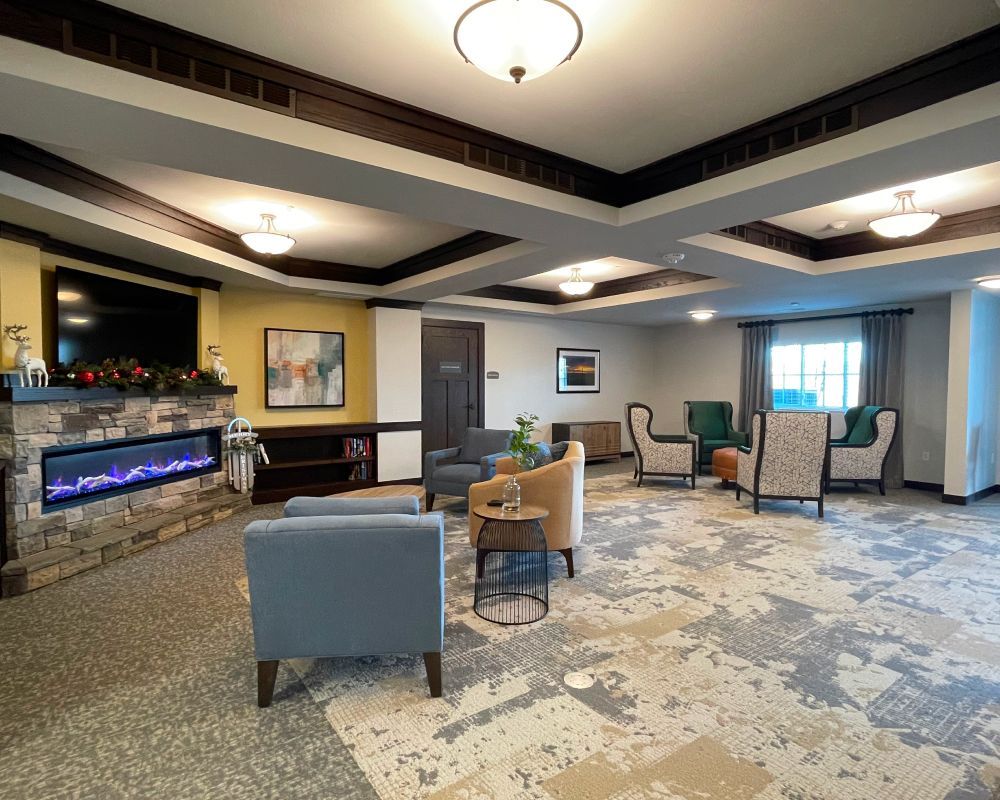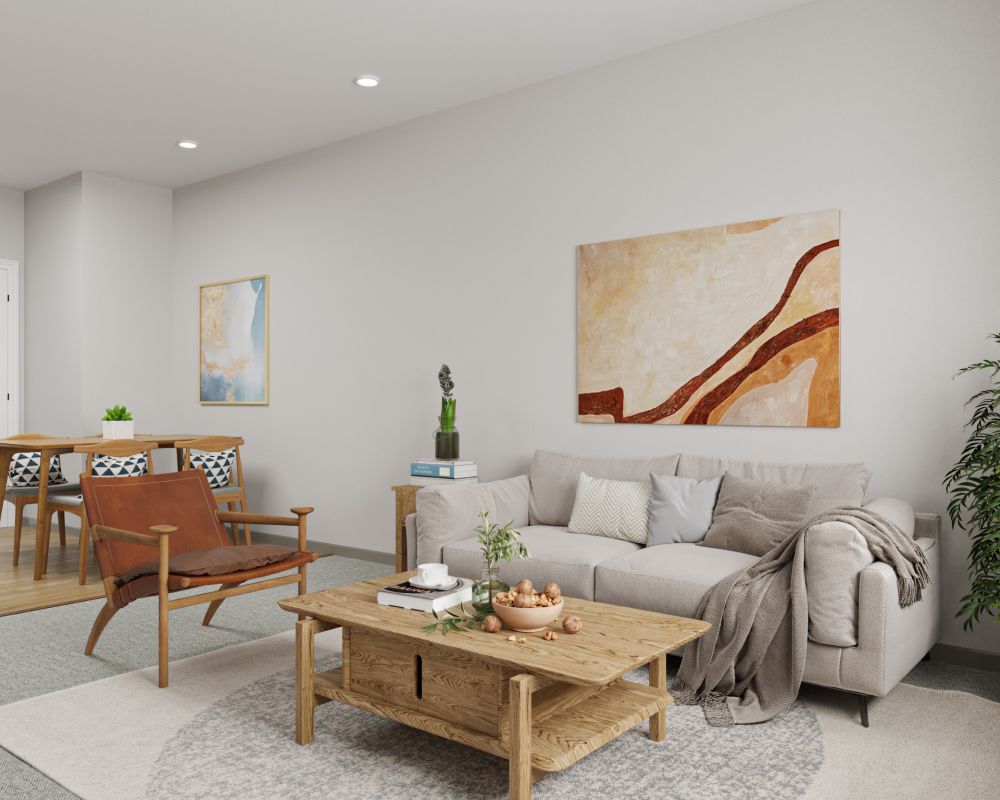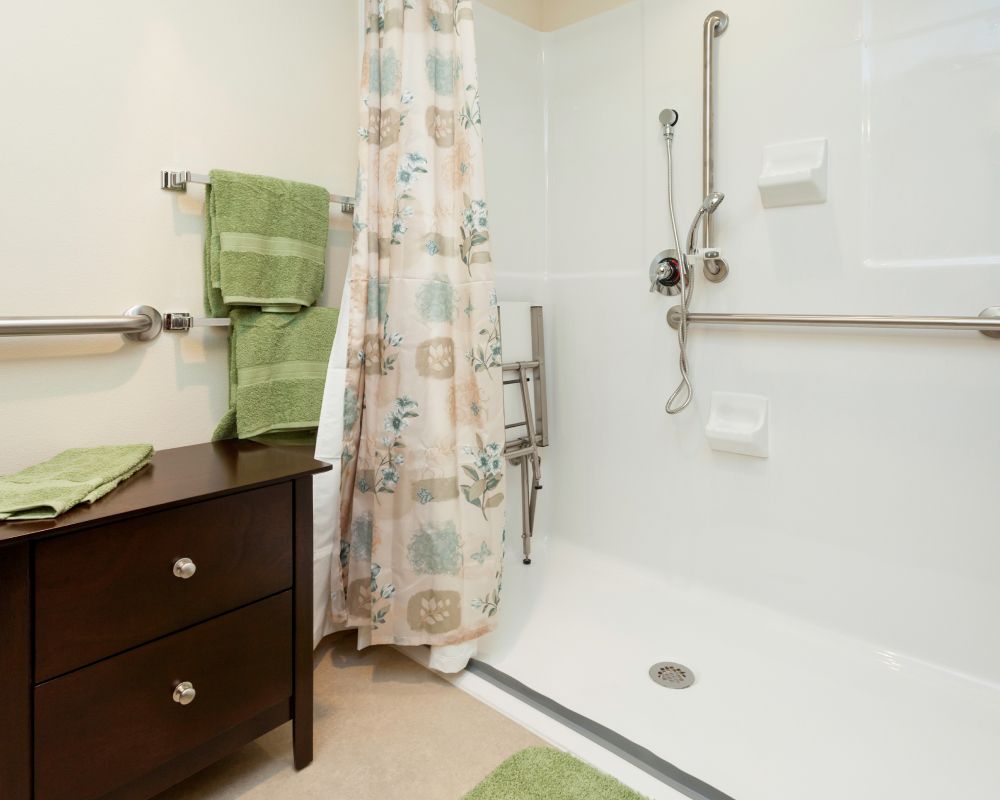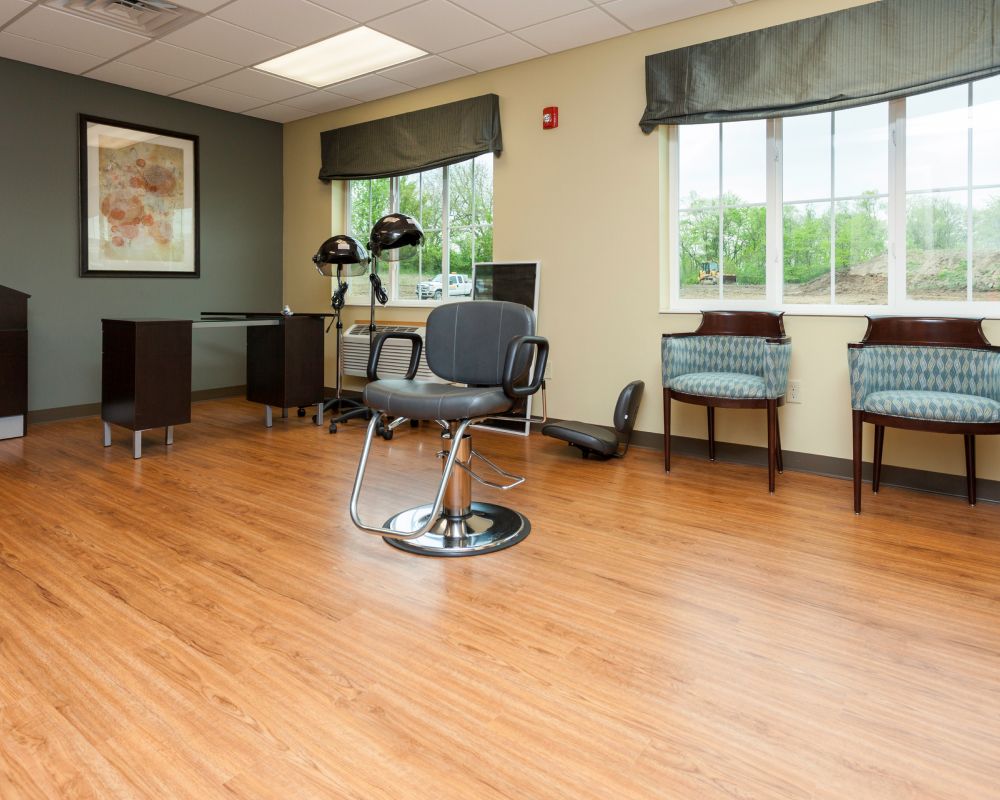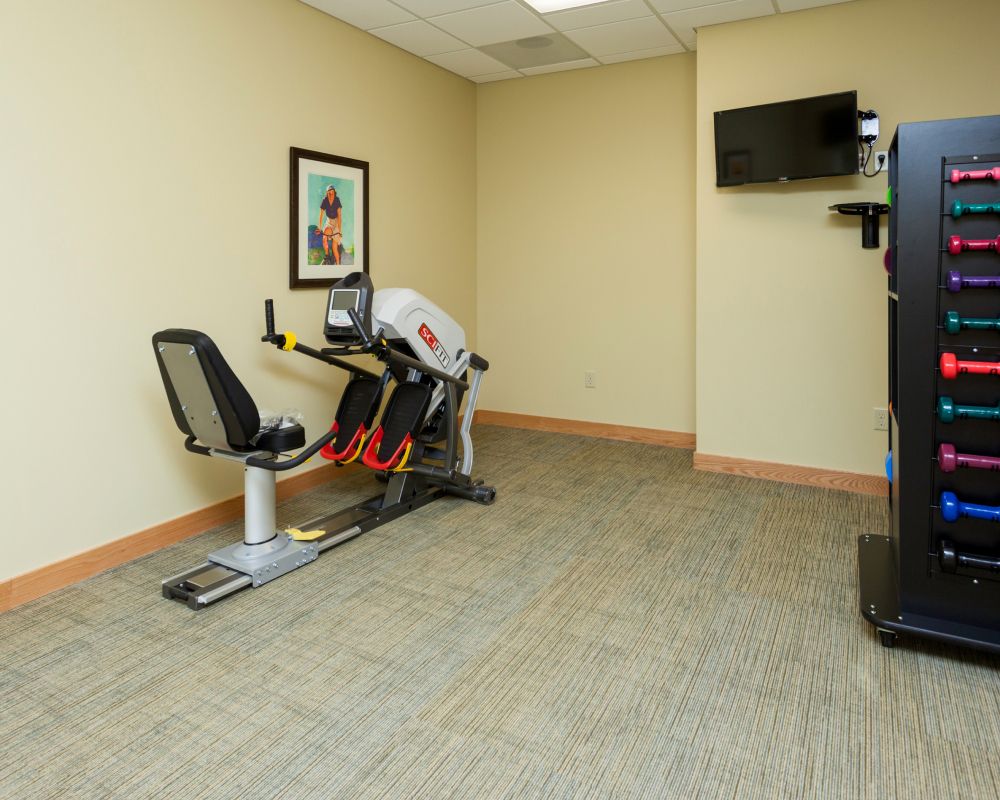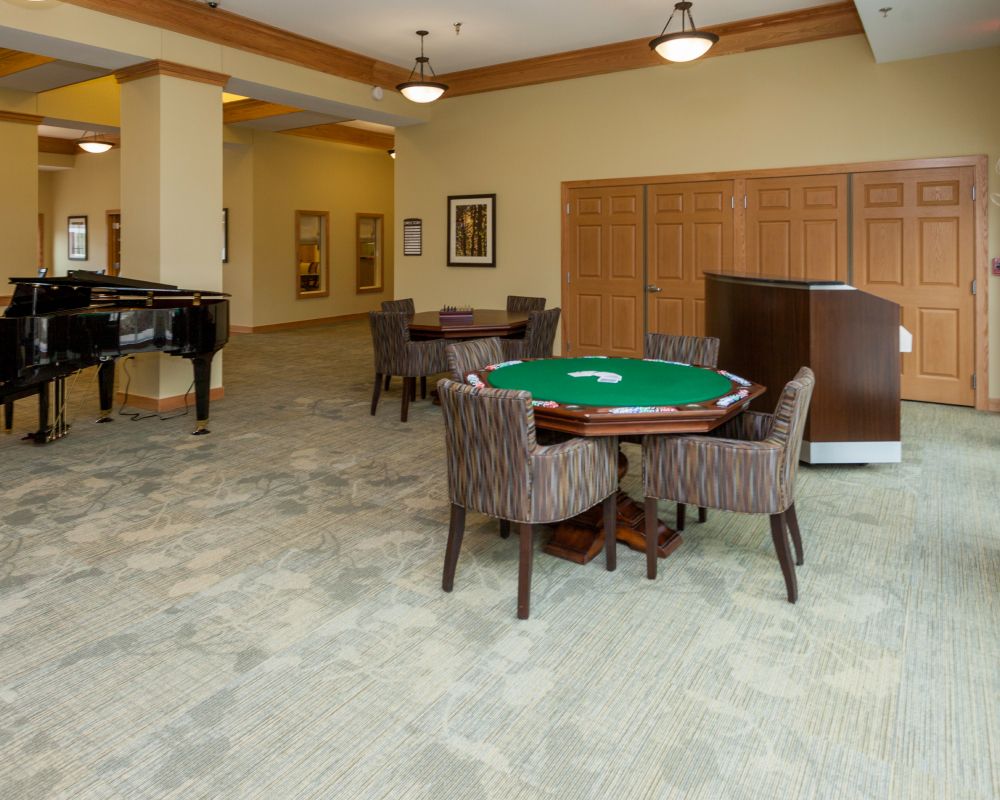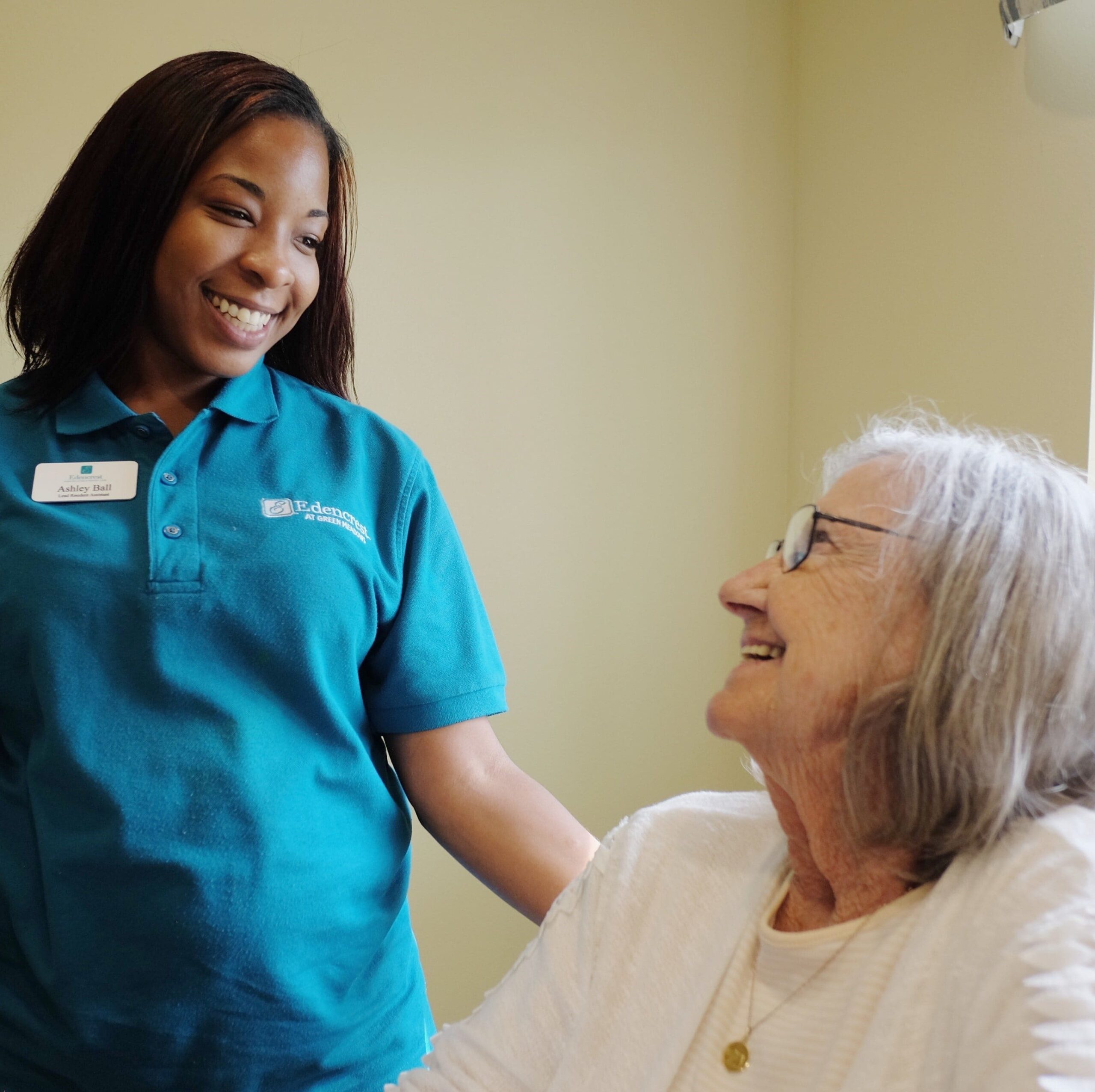In recent years, the focus on senior living has shifted beyond providing a comfortable environment for the elderly. With an increasing awareness of the challenges faced by older adults, the spotlight is now on preventing hospital readmissions—a crucial aspect of ensuring the well-being of our seniors. In this blog, we will explore the multifaceted approach that senior living communities can adopt to help stop readmissions and enhance the overall quality of life for their residents.
Understanding the Challenge
Hospital readmissions among seniors are often triggered by a combination of factors, including chronic health conditions, medication mismanagement, lack of social support, and inadequate post-hospitalization care. By addressing these issues proactively, senior living communities can play a pivotal role in breaking the cycle of hospital readmissions.
1. Comprehensive Health Monitoring
Senior living communities can implement advanced health monitoring systems to keep a close eye on residents’ health. Utilizing wearable devices, smart home technologies, and regular health check-ups, staff can detect early signs of health deterioration and intervene before a minor issue escalates into a serious health crisis.
2. Medication Management
Medication adherence is a common challenge for seniors, especially those with multiple prescriptions. Senior living facilities can implement robust medication management systems, including medication reminders, pill organizers, and on-site pharmacy services, to ensure that residents receive their medications as prescribed.
3. Individualized Care Plans
Every senior resident has unique health needs and preferences. By developing individualized care plans, senior living communities can tailor their services to address specific health concerns, dietary requirements, and lifestyle preferences. This personalized approach not only enhances the quality of care but also minimizes the risk of hospital readmissions.
4. Collaborative Care Teams
Establishing strong communication and collaboration between senior living staff, healthcare professionals, and family members is crucial. Regular meetings, sharing health information, and involving all stakeholders in decision-making processes contribute to a holistic care approach. This ensures that everyone is on the same page when it comes to the resident’s health and well-being.
5. Wellness Programs and Social Engagement
Promoting an active and engaging lifestyle is essential for preventing both physical and mental health decline. Senior living communities can organize wellness programs, exercise classes, and social activities that cater to residents’ interests and abilities. A vibrant social environment contributes to a sense of purpose and belonging, reducing the likelihood of loneliness and depression.
Senior living communities have the potential to be transformative hubs for the well-being of older adults. By adopting a comprehensive and proactive approach to care, these communities can significantly contribute to preventing hospital readmissions and improving the overall quality of life for their residents. Through advanced technologies, individualized care plans, and collaborative efforts, we can pave the way for a future where seniors thrive in a supportive and enriching environment, free from the cycle of unnecessary hospitalizations. At Edencrest communities, we work to take a holistic, proactive approach to our residents wellness and health. Along with our own wellness, dining and activity programs, we have developed relationships with partners that help to support our residents through fitness programs, Physical, Occupational and Speech therapy.



